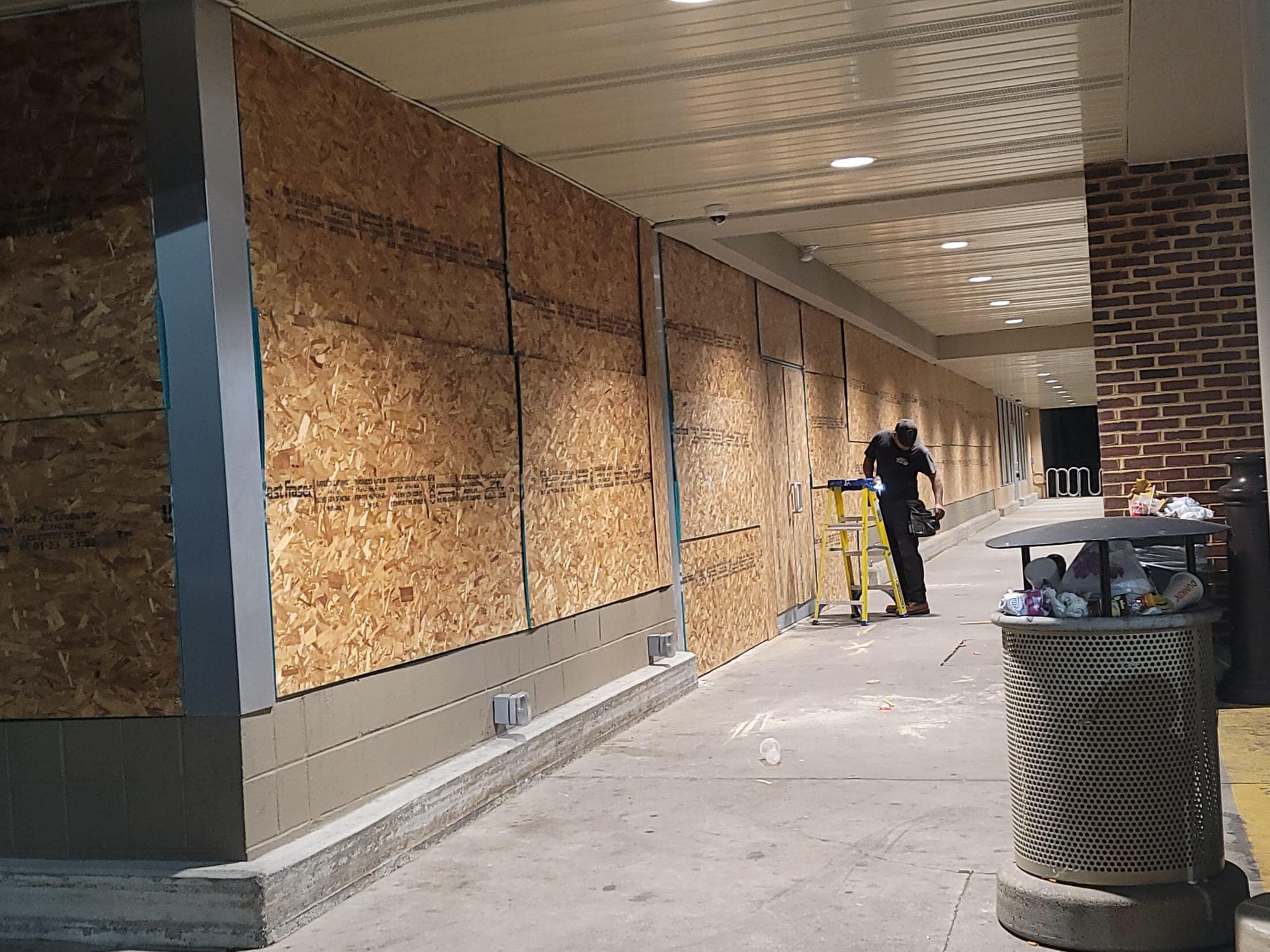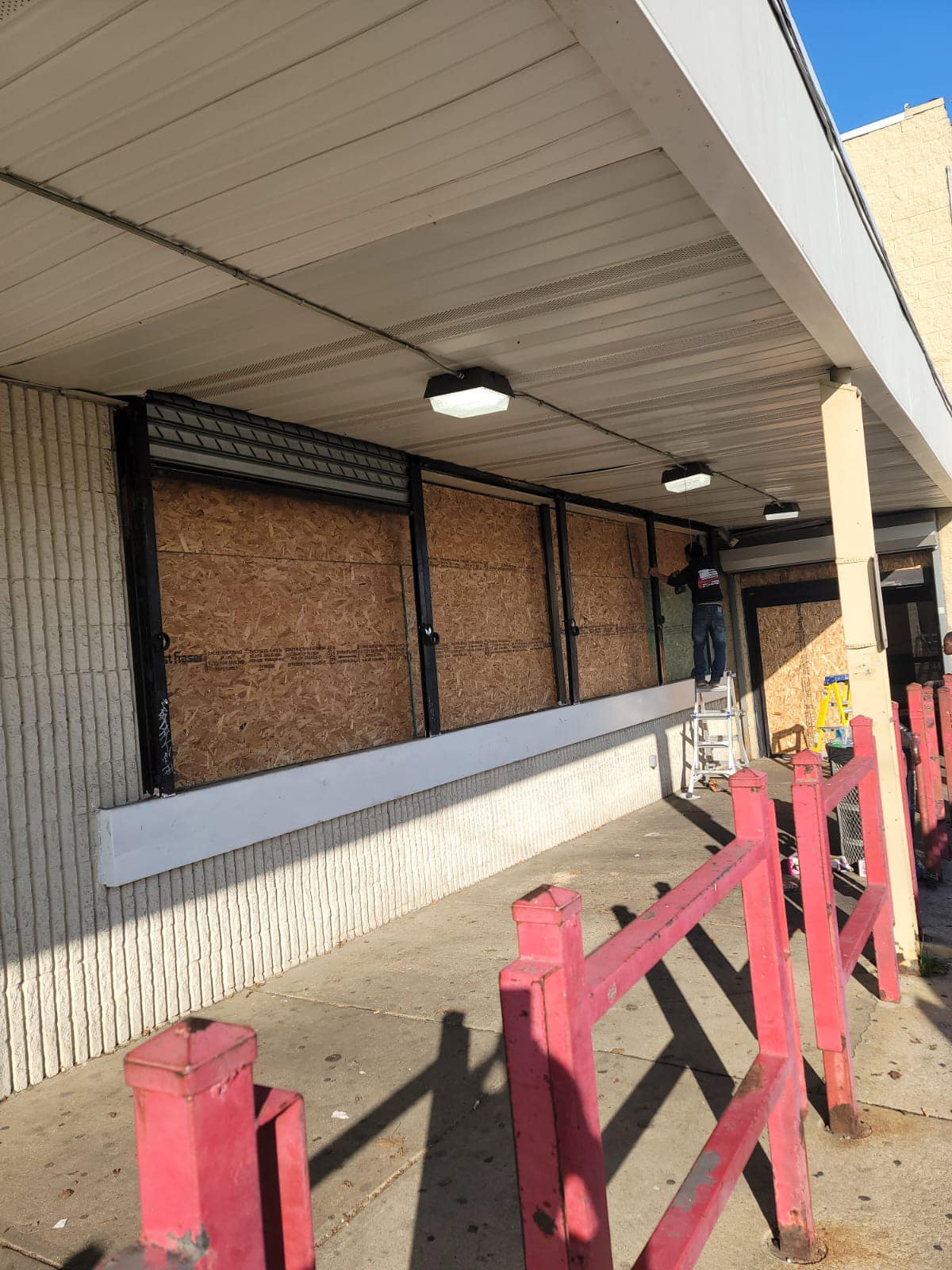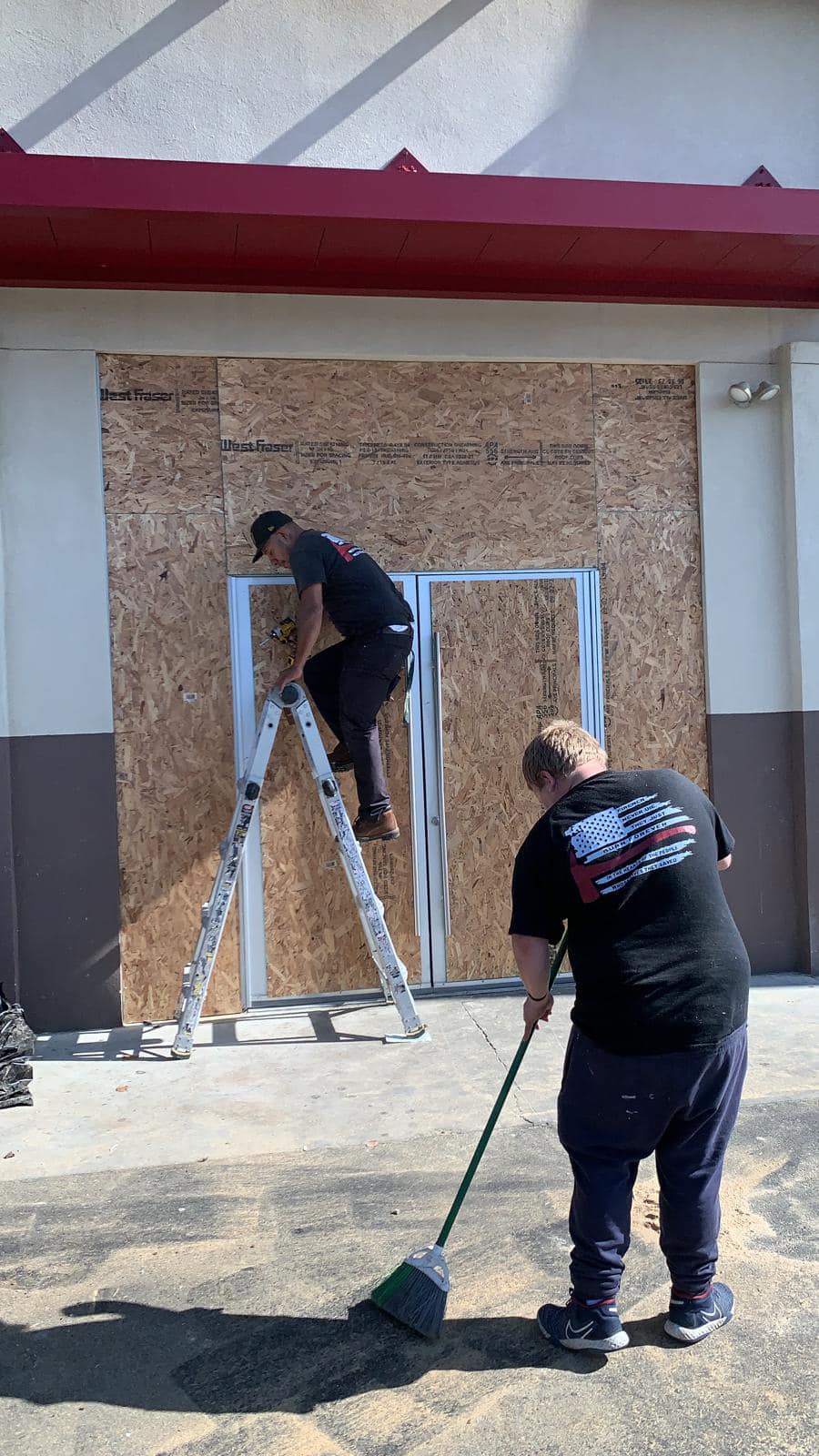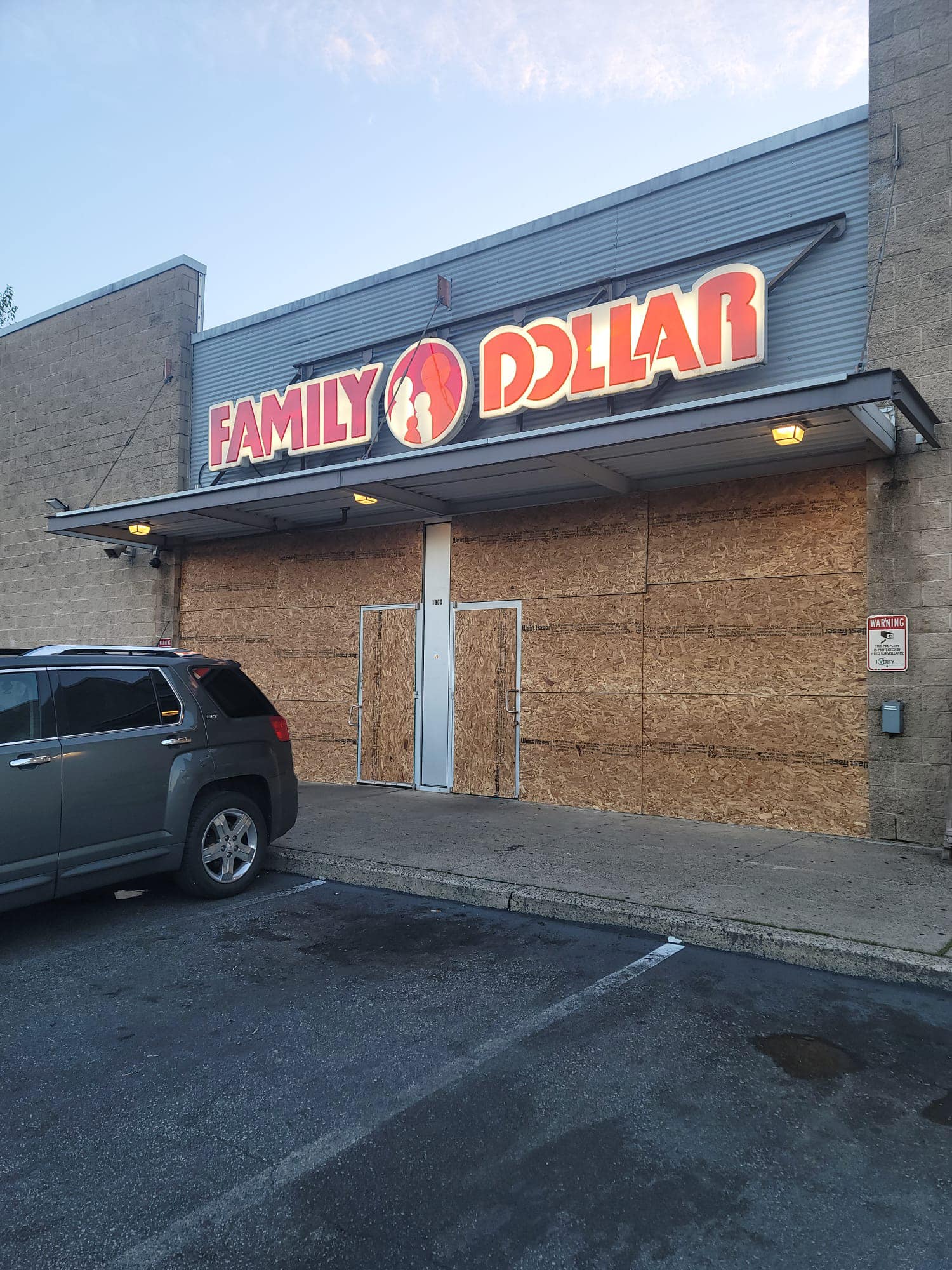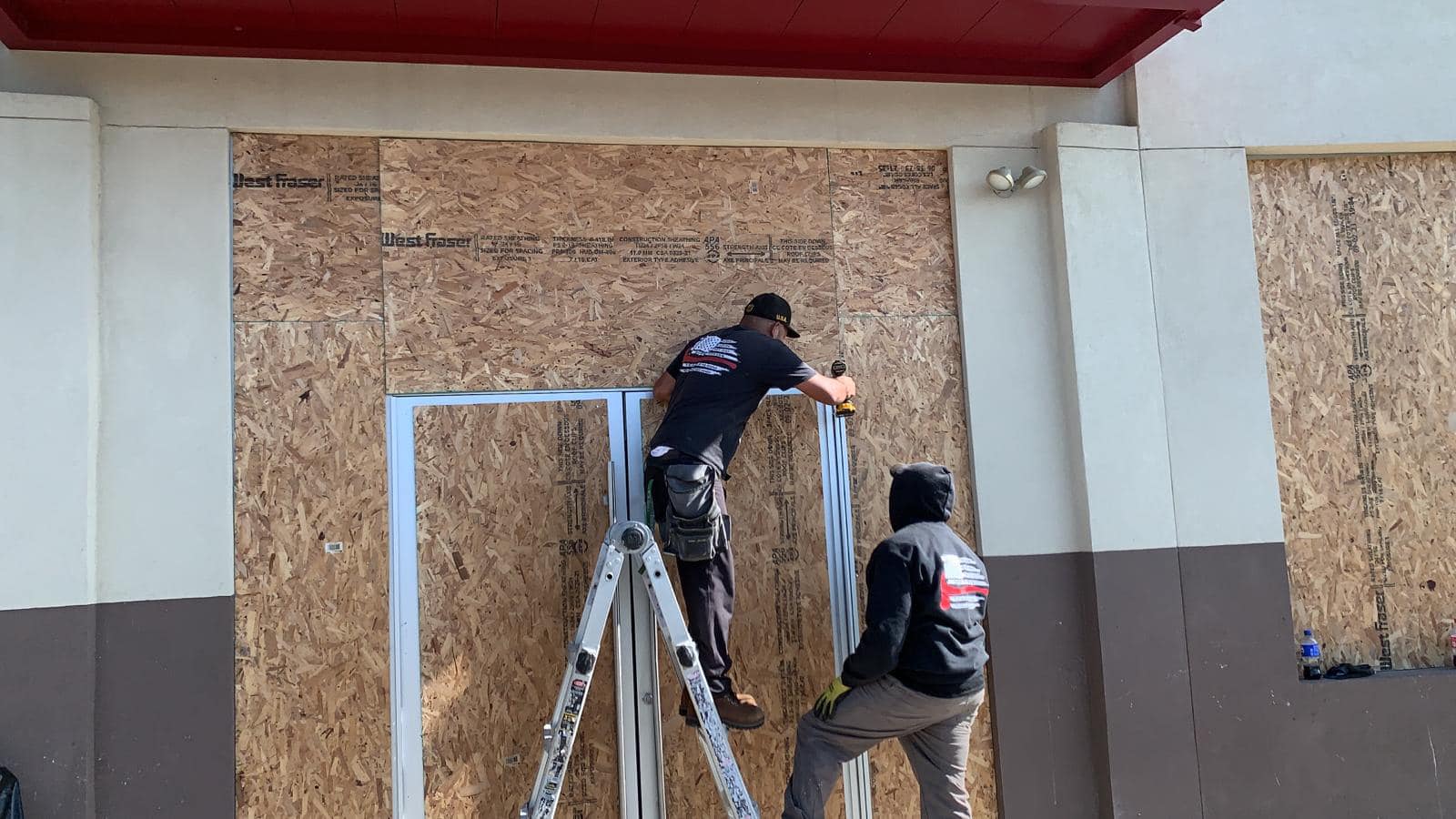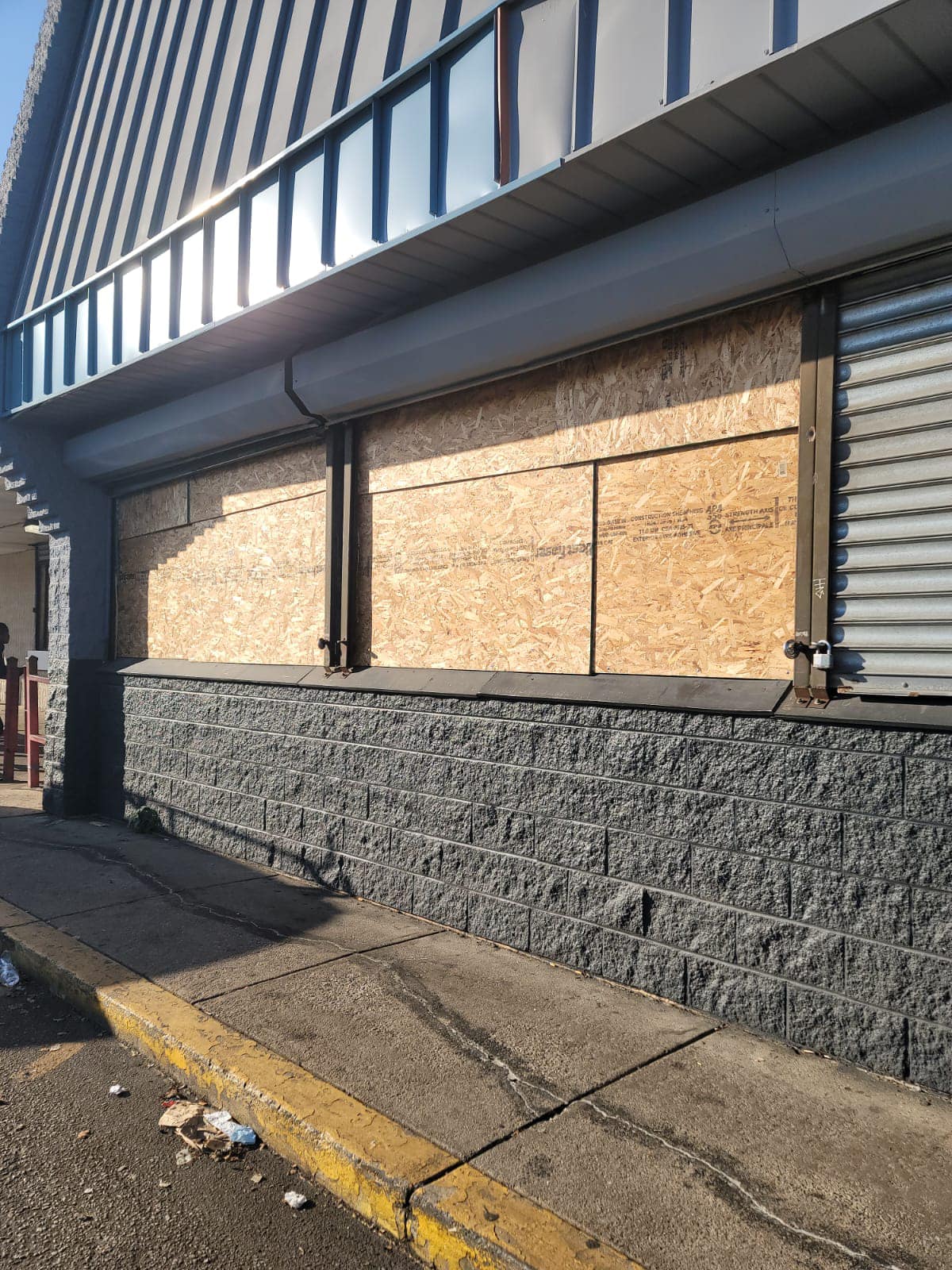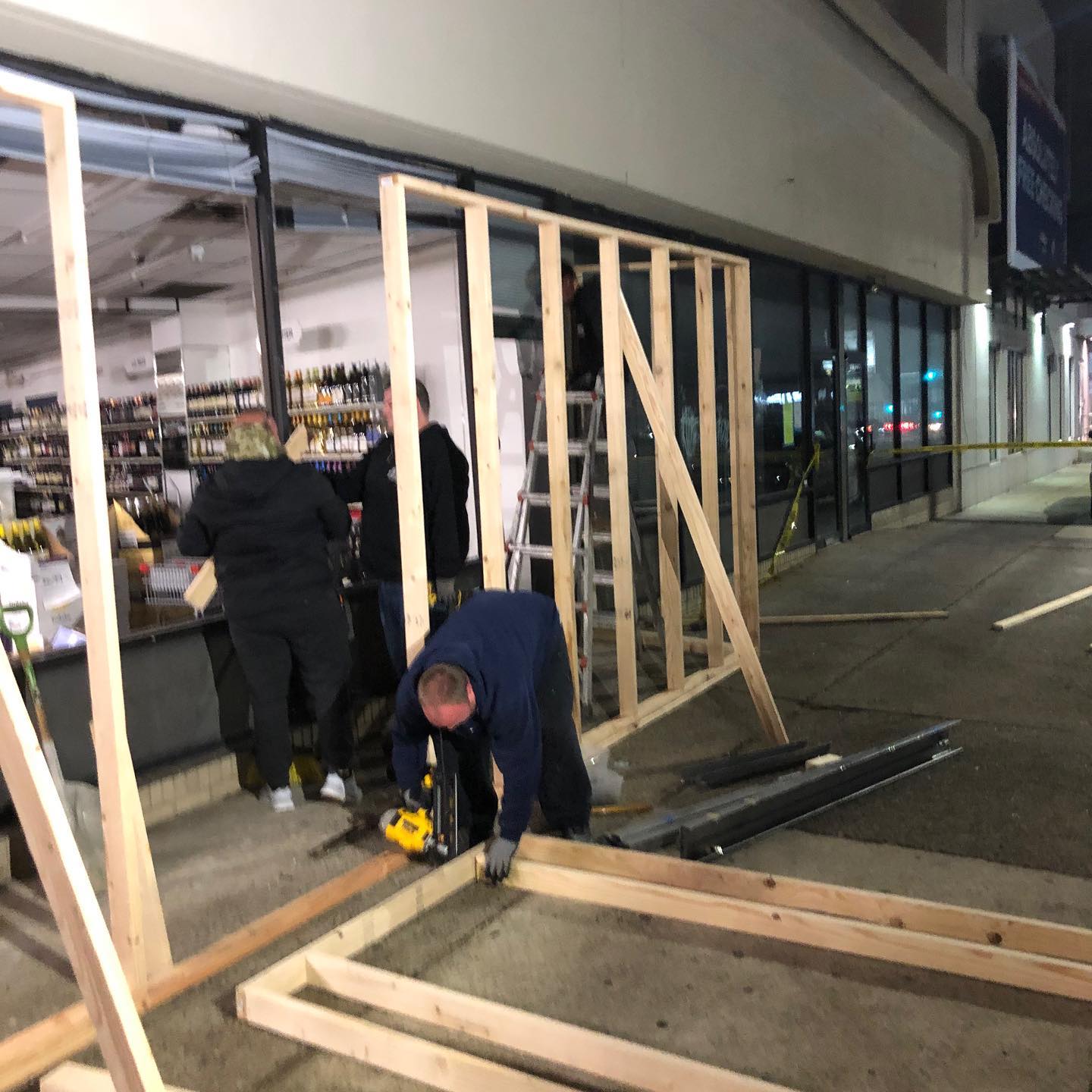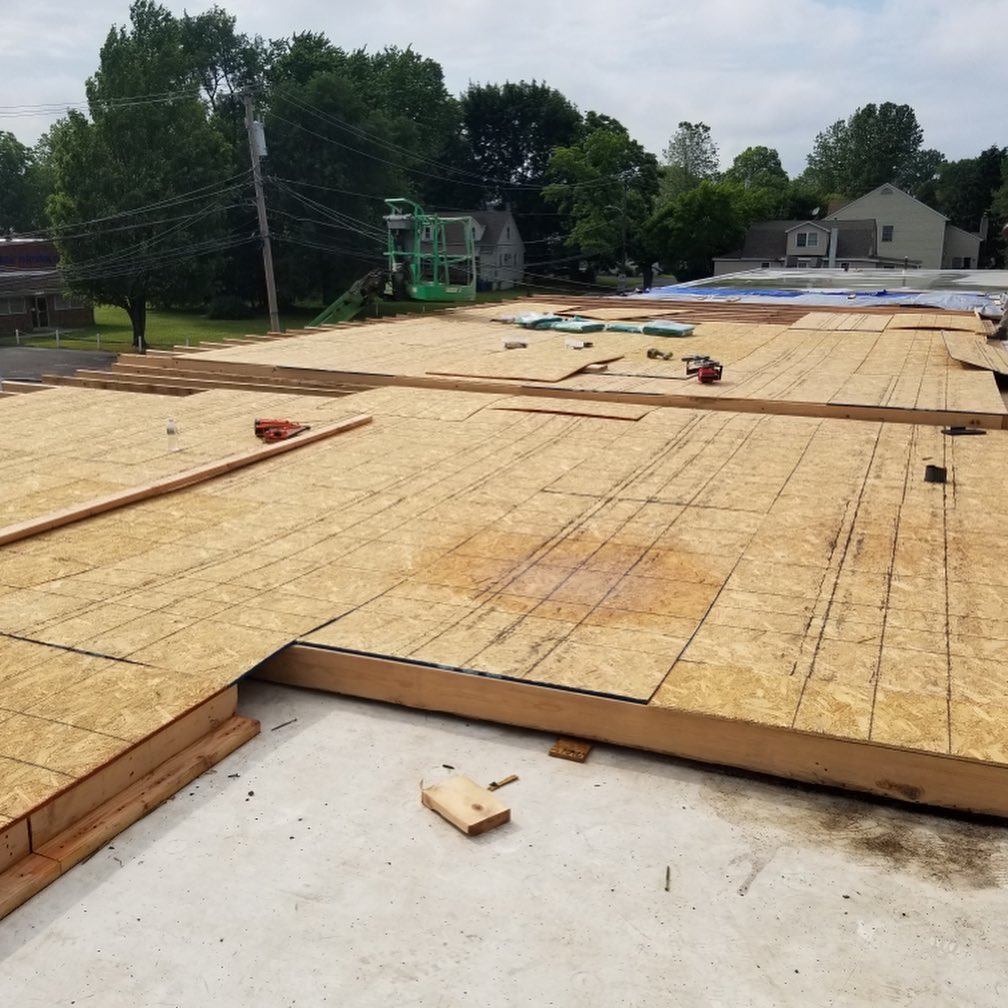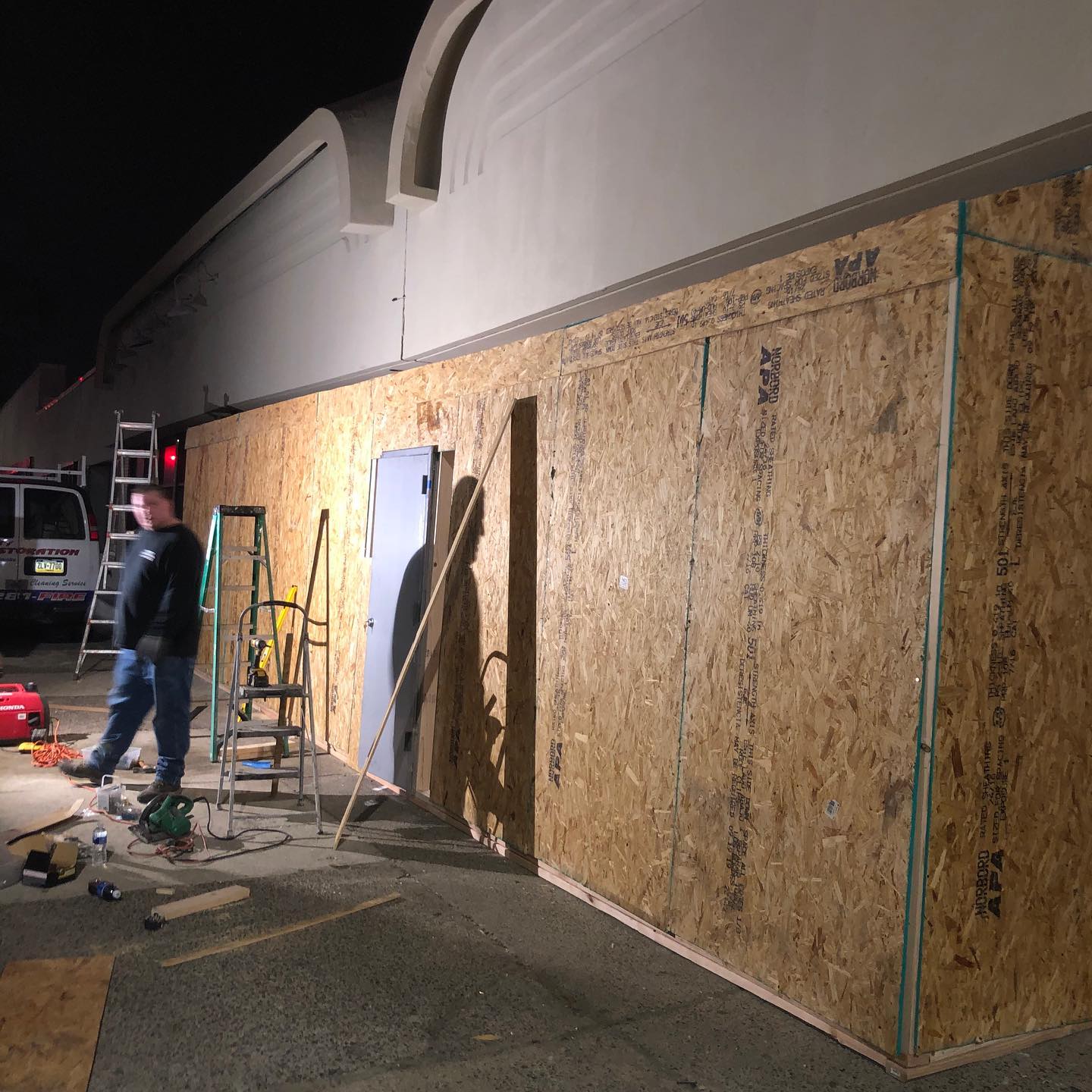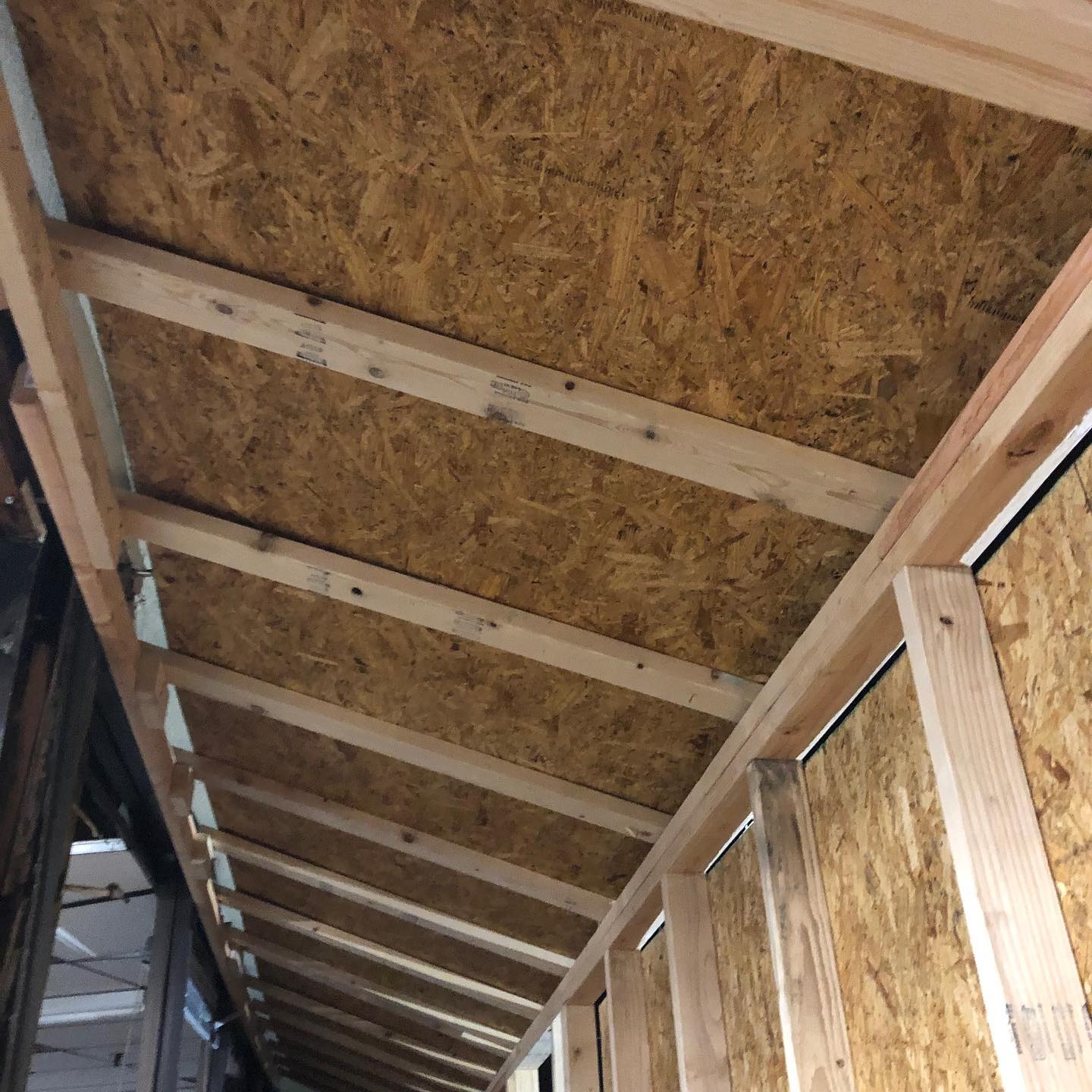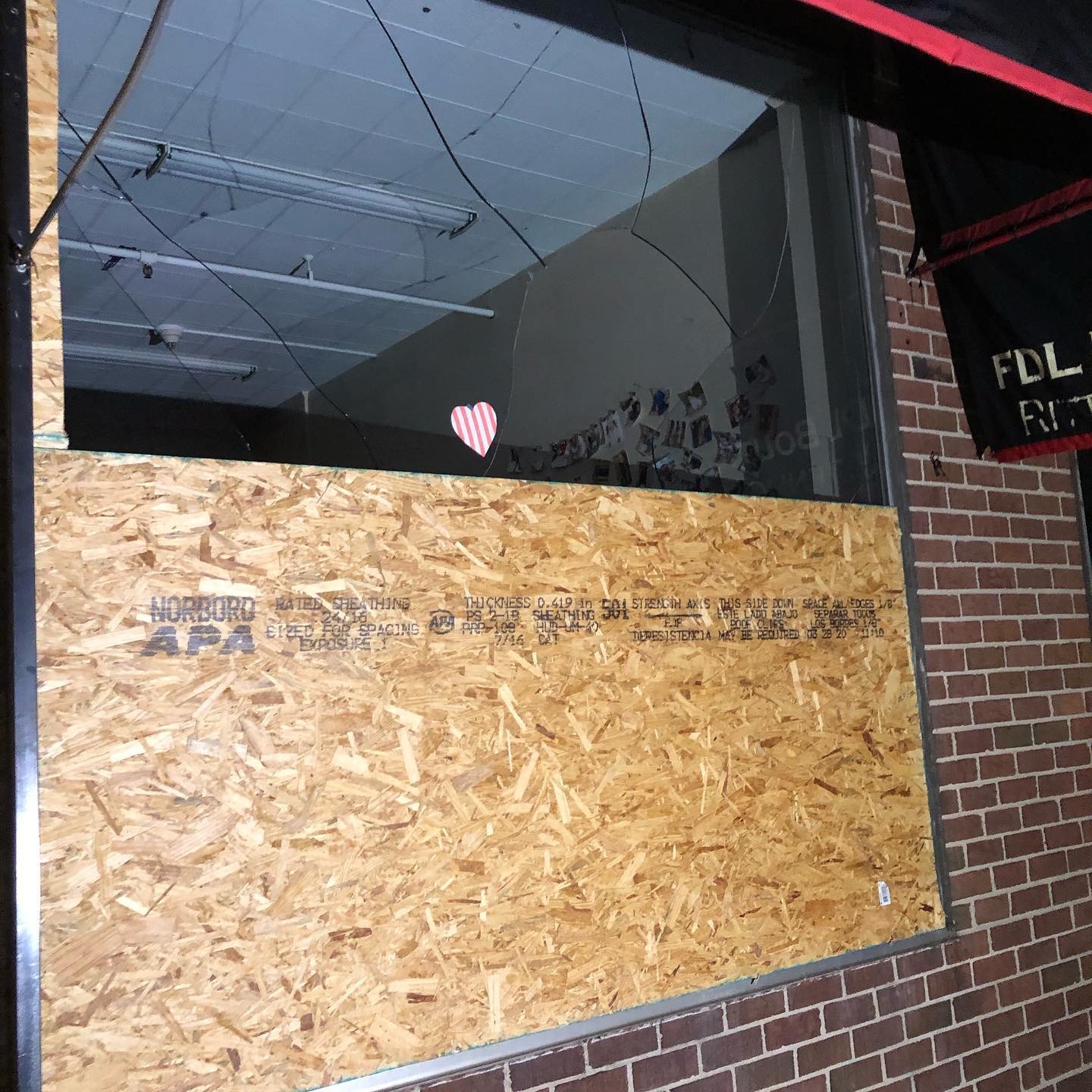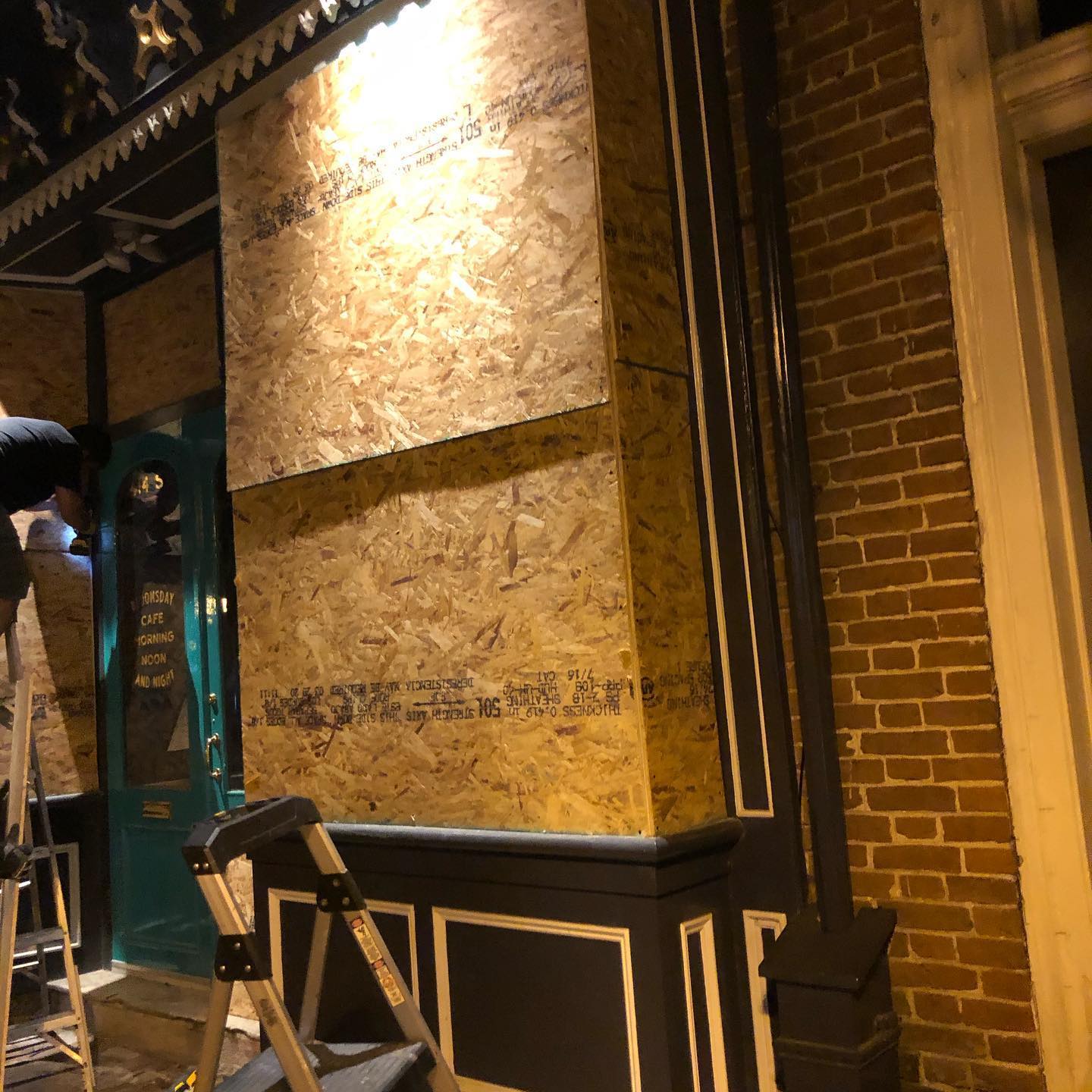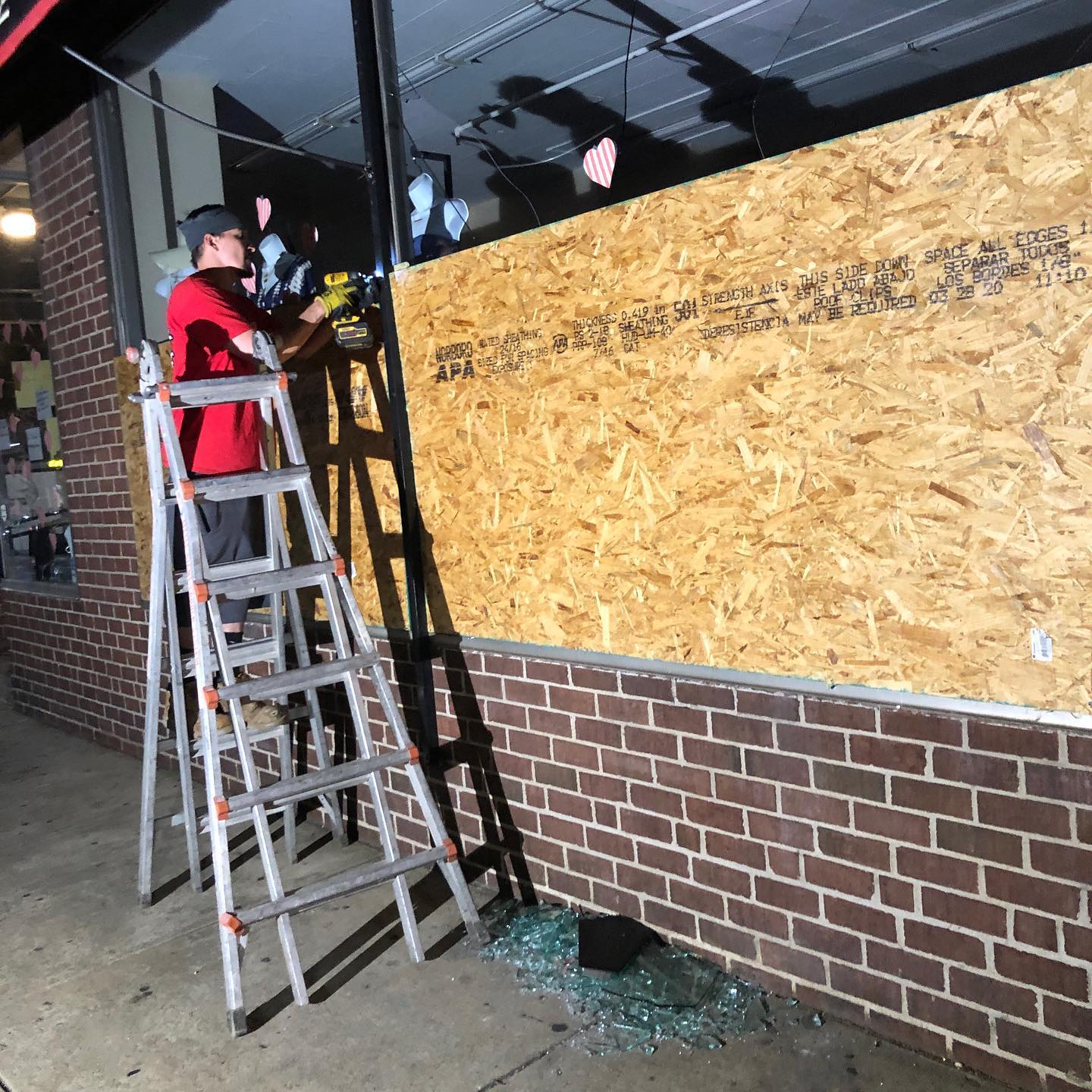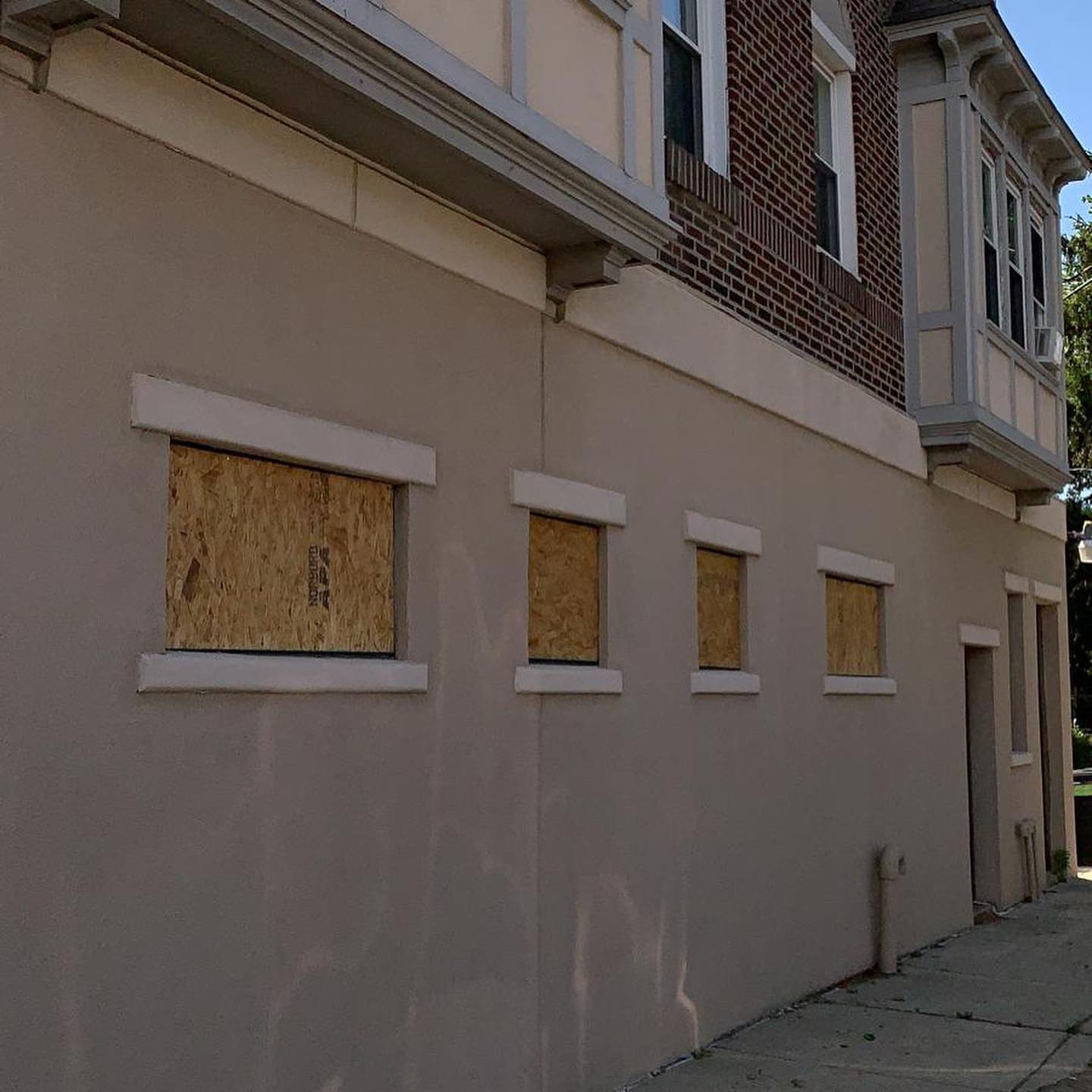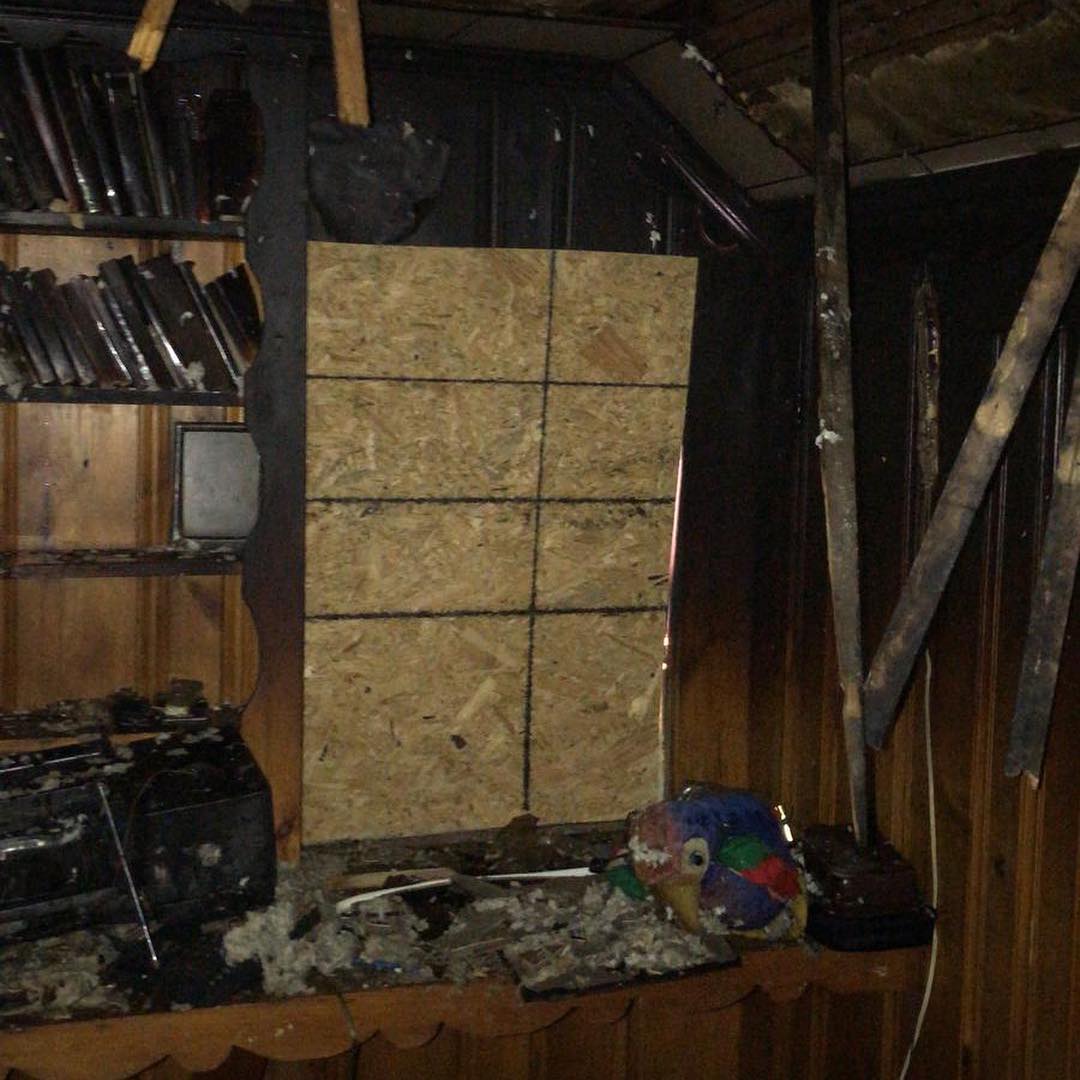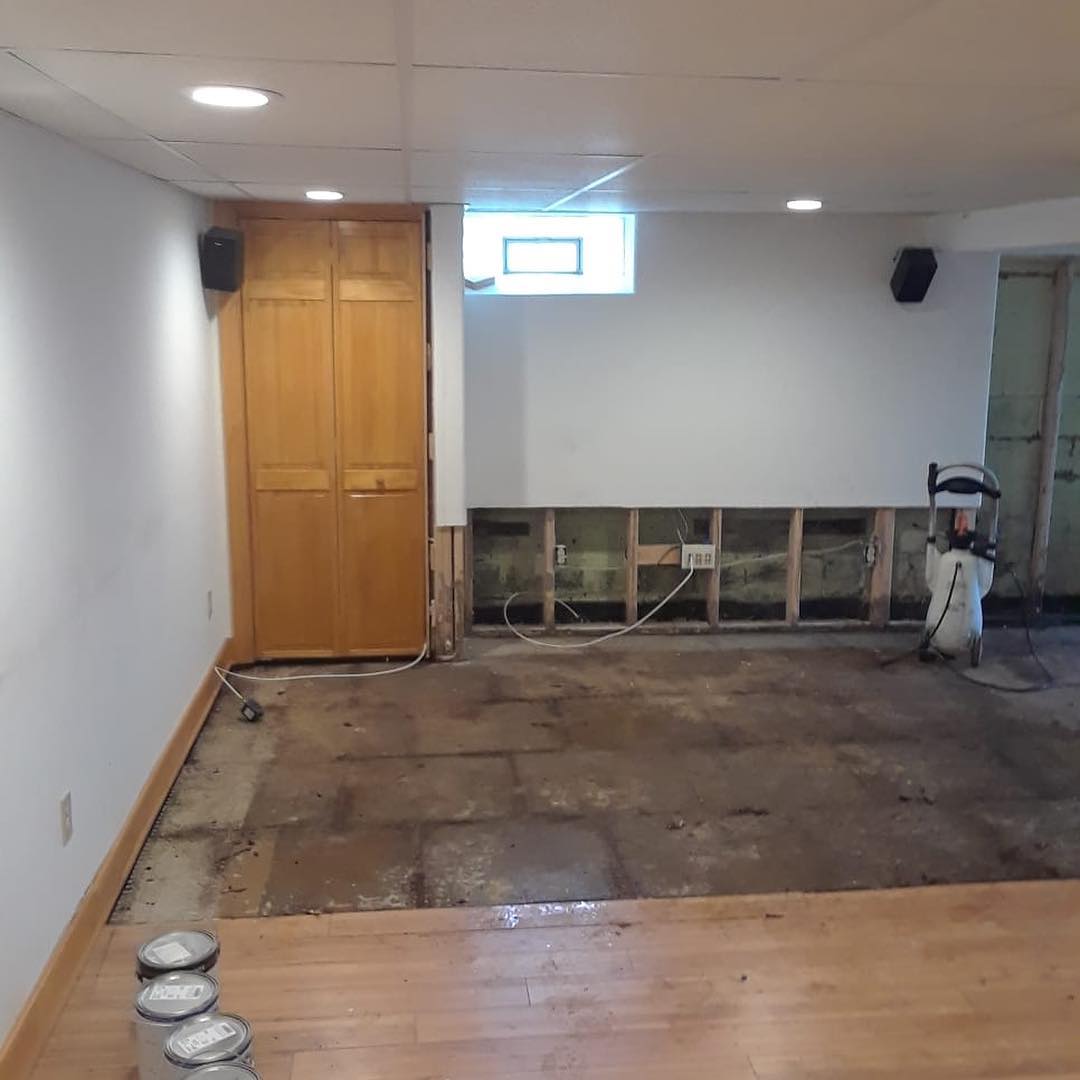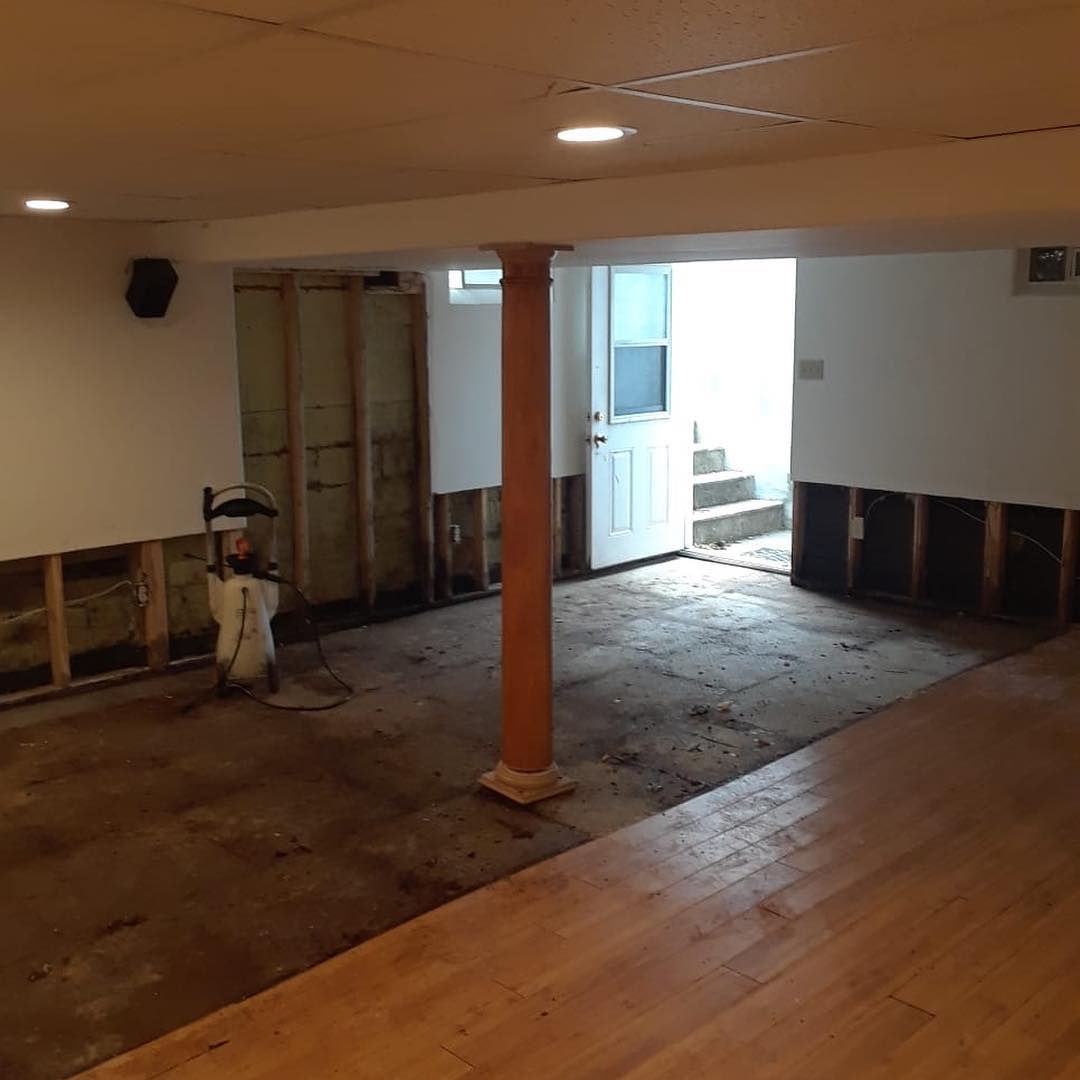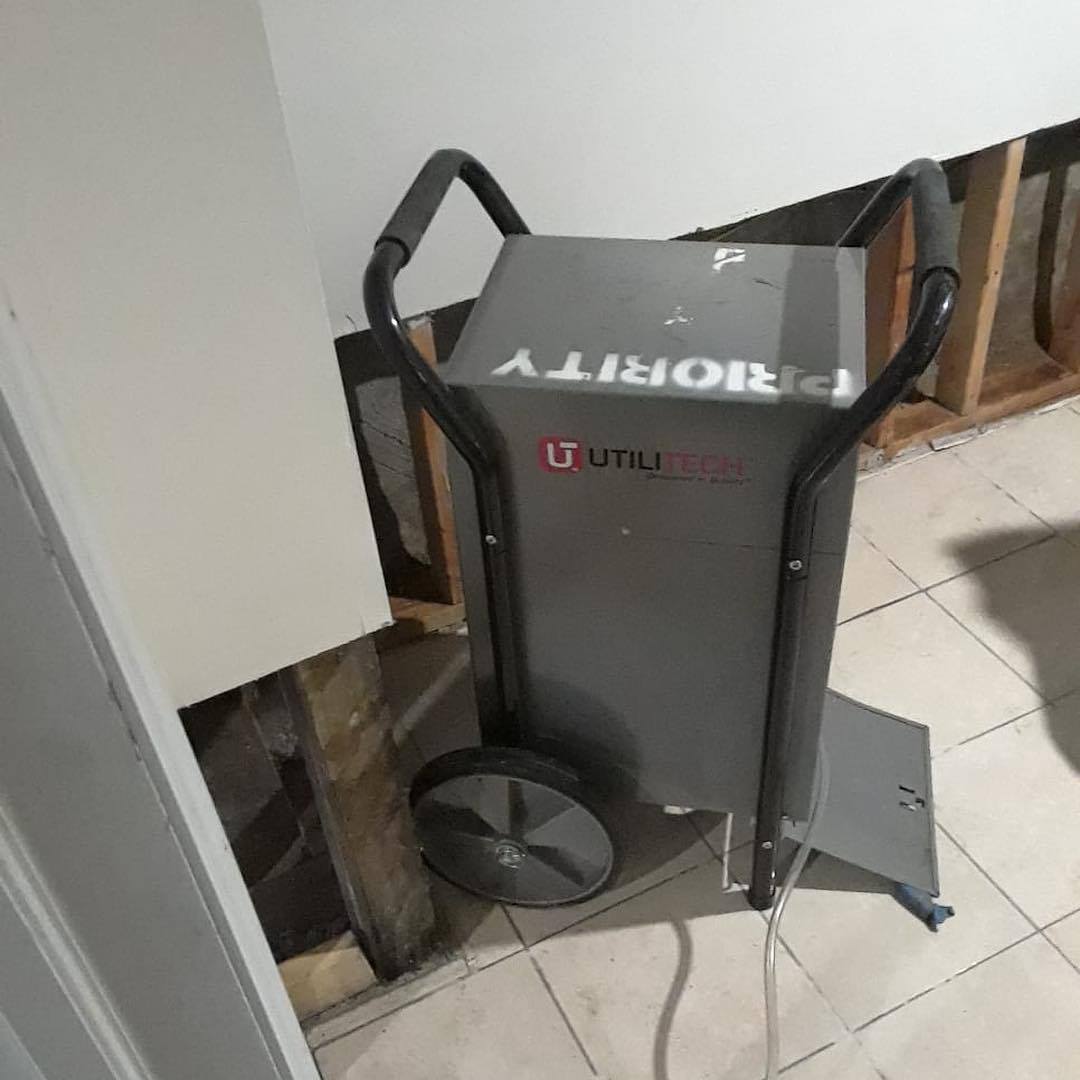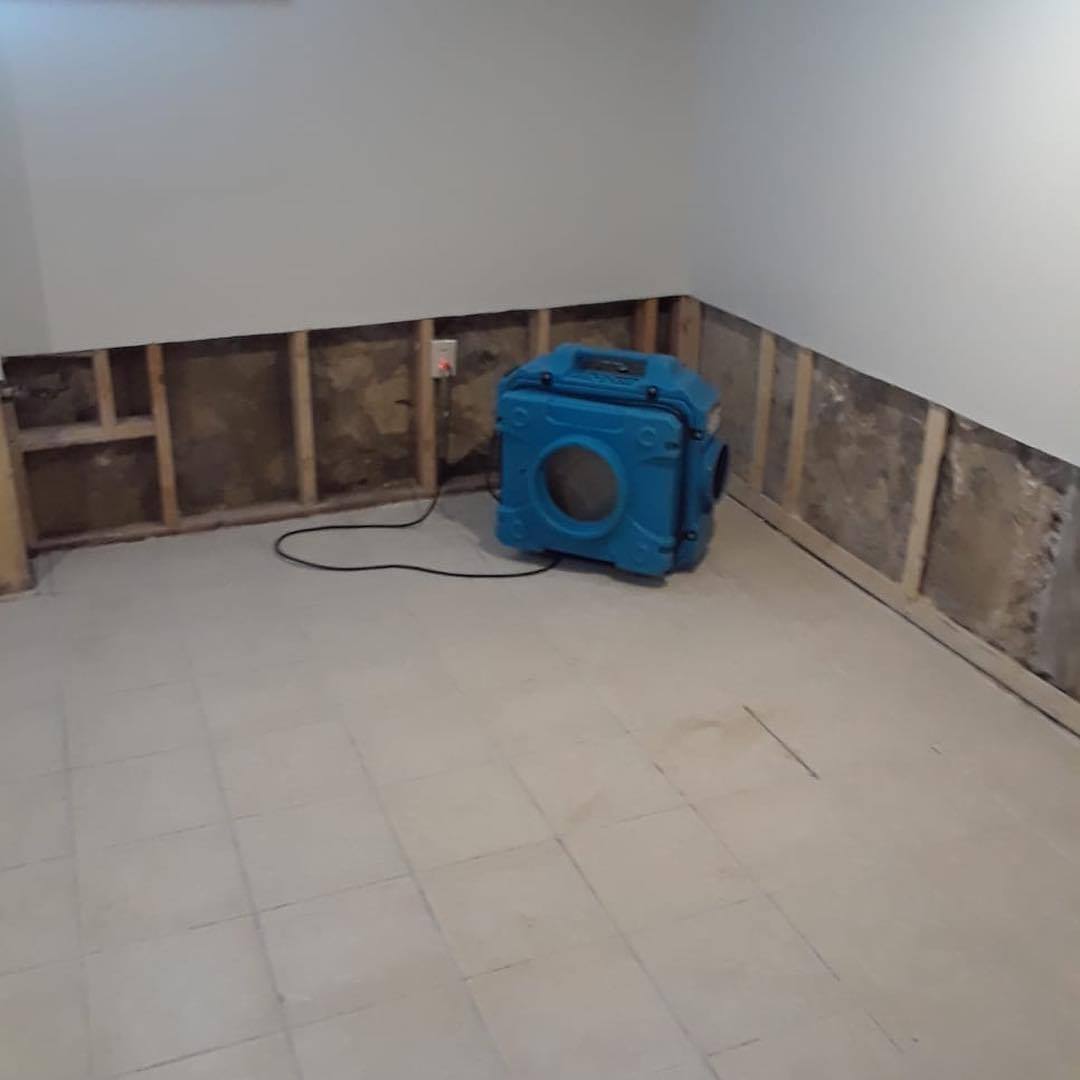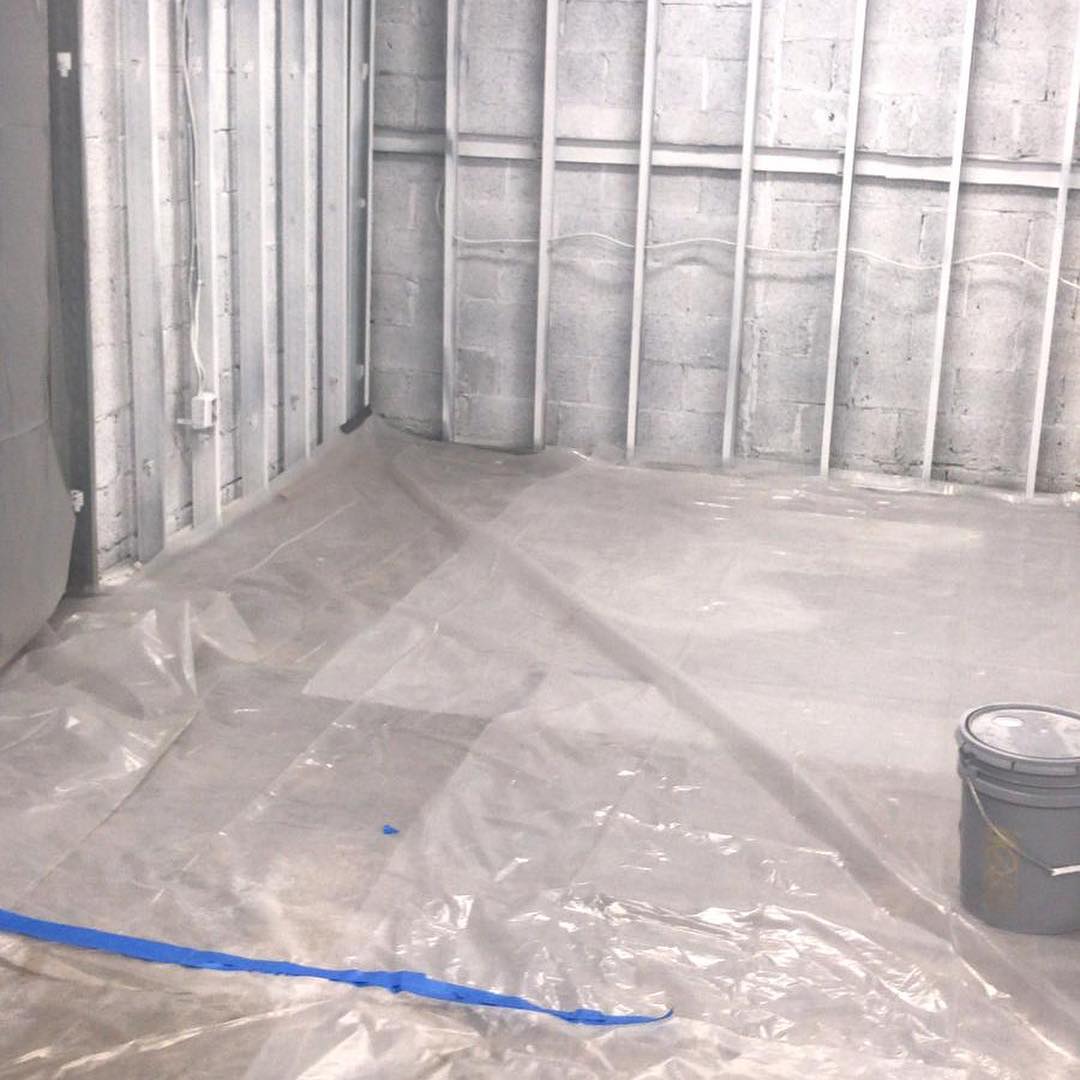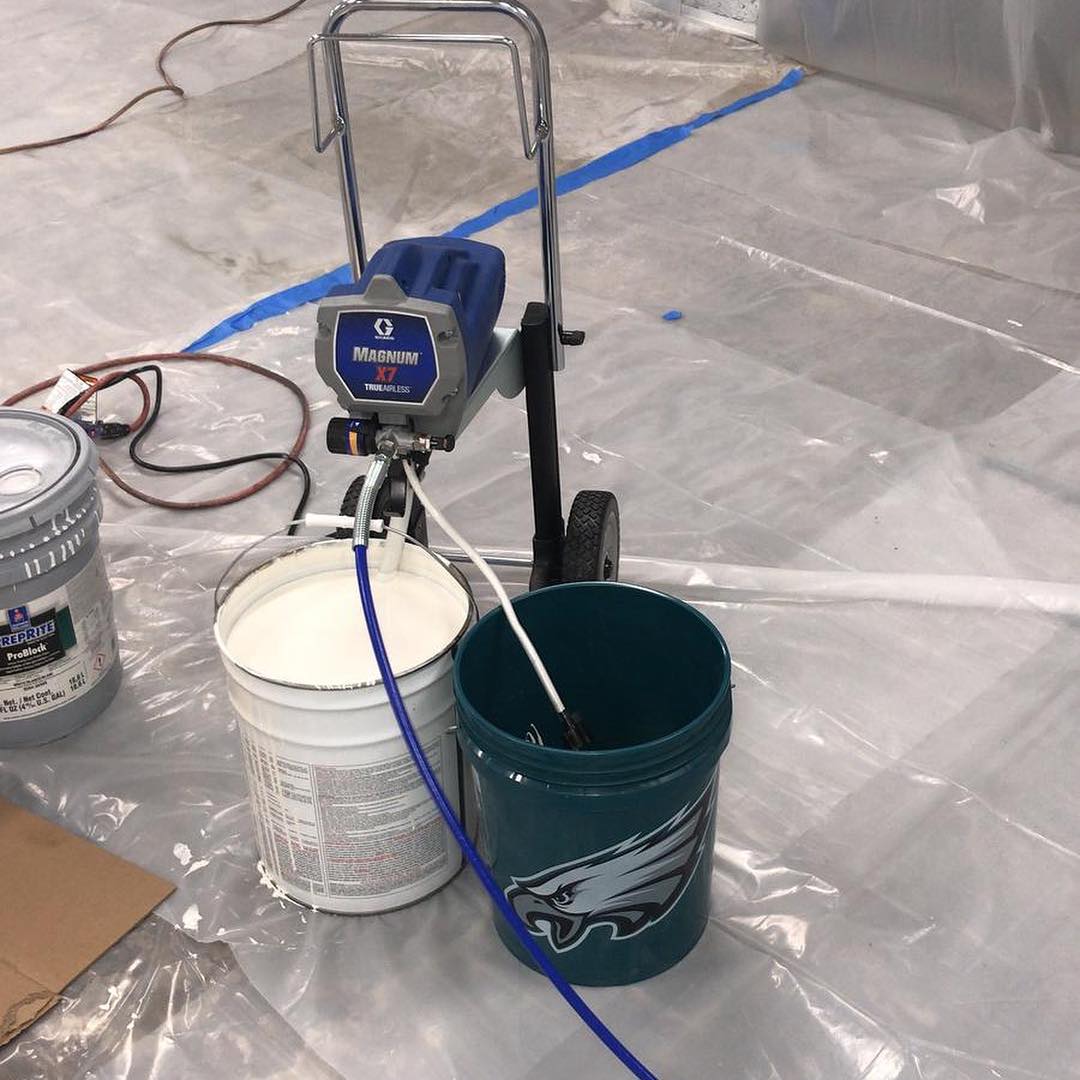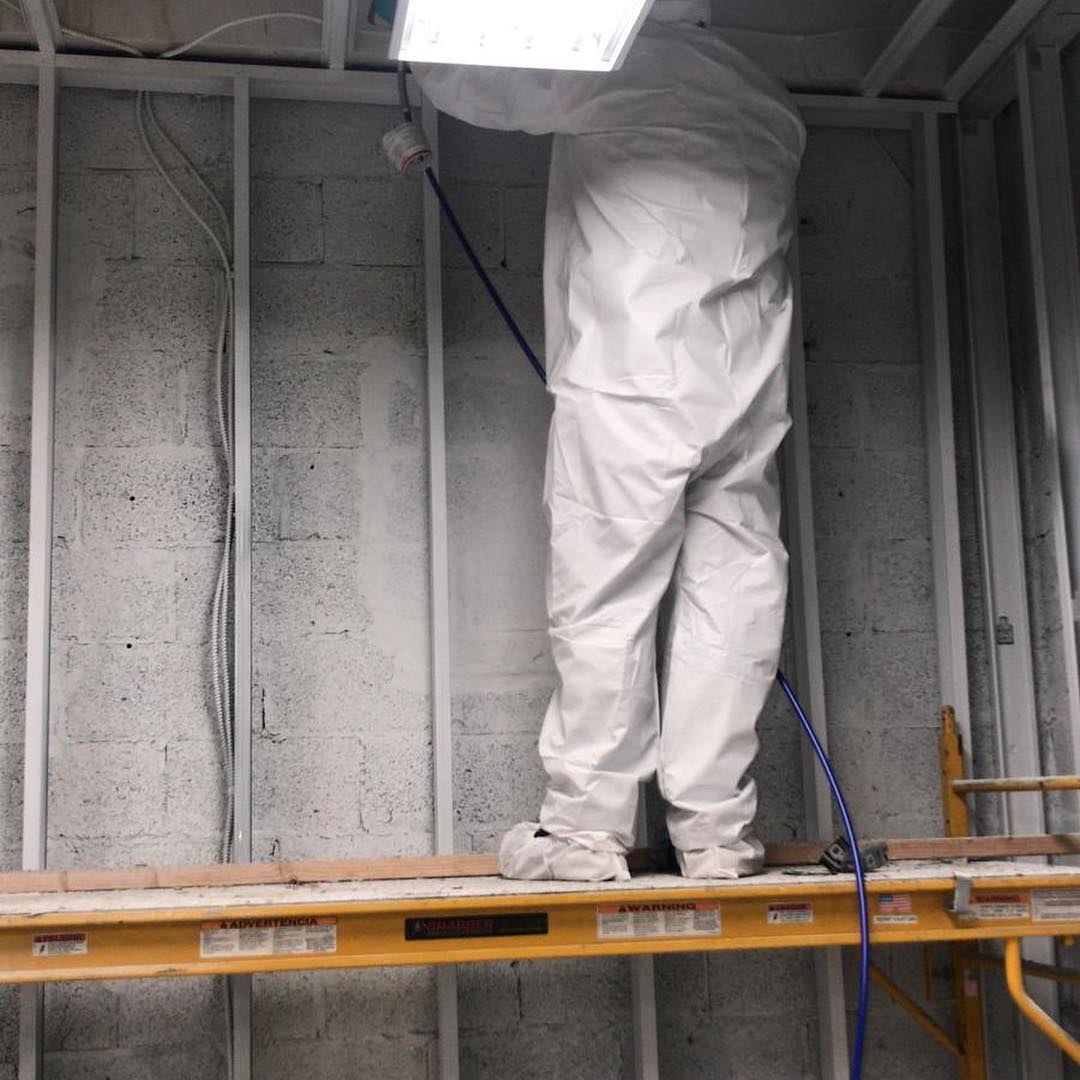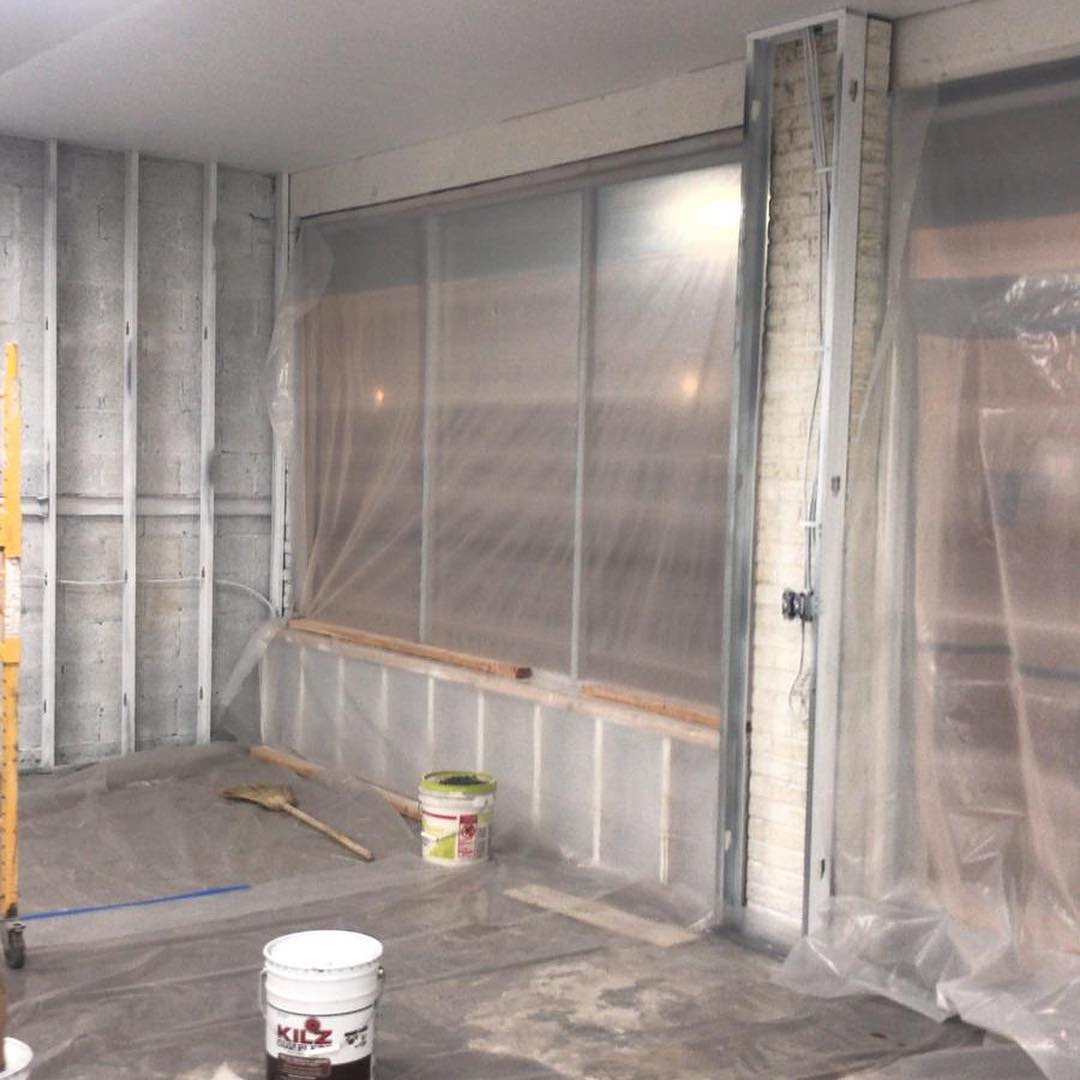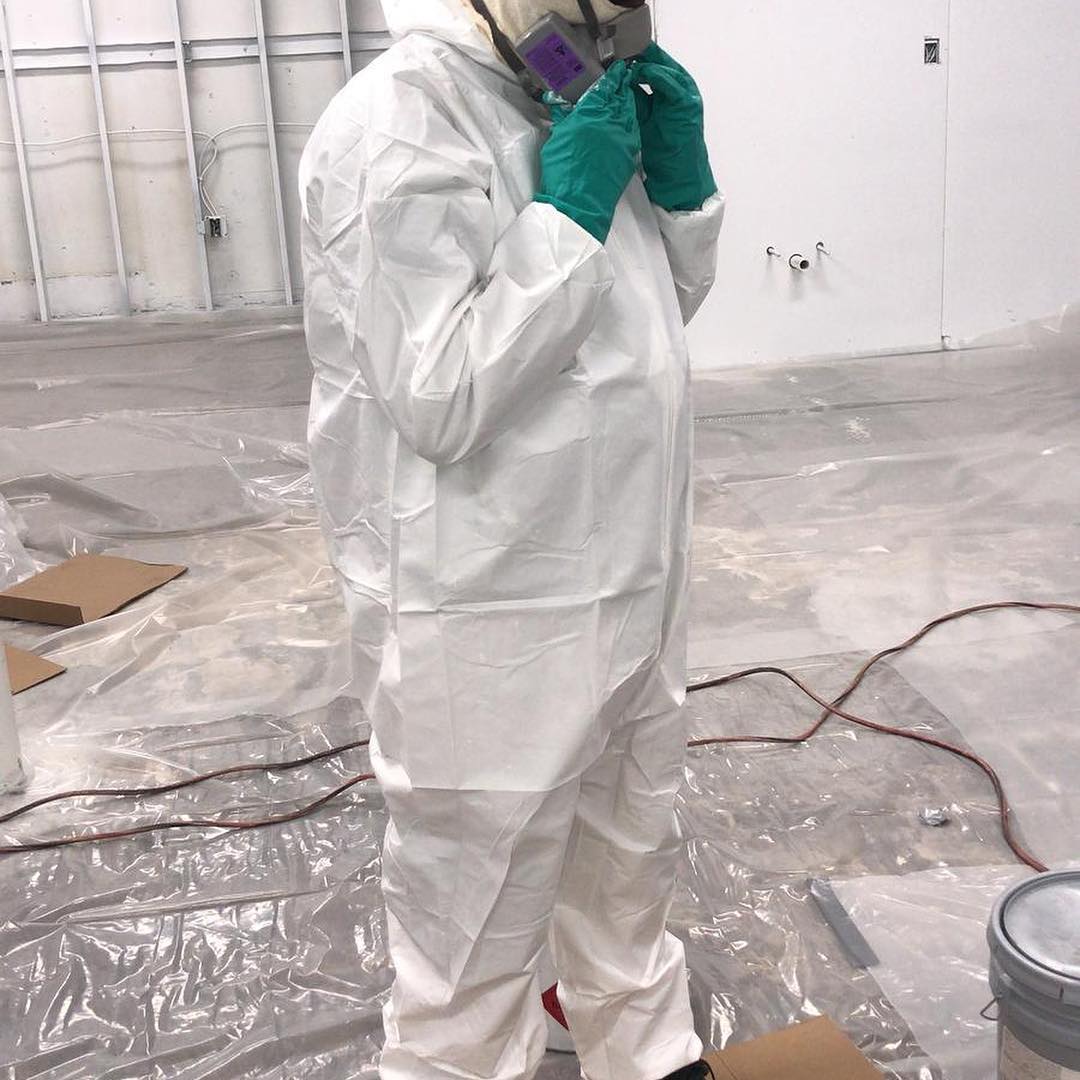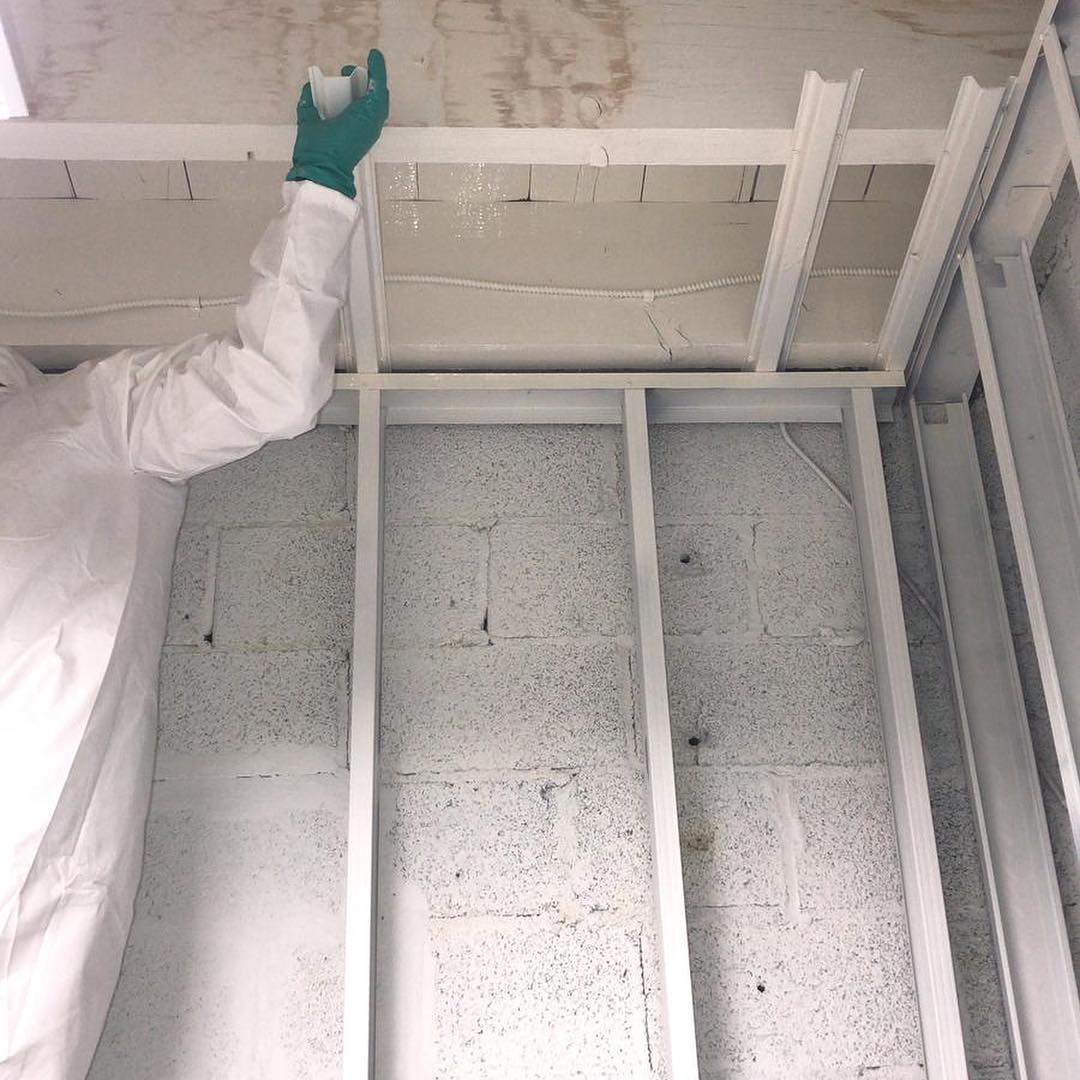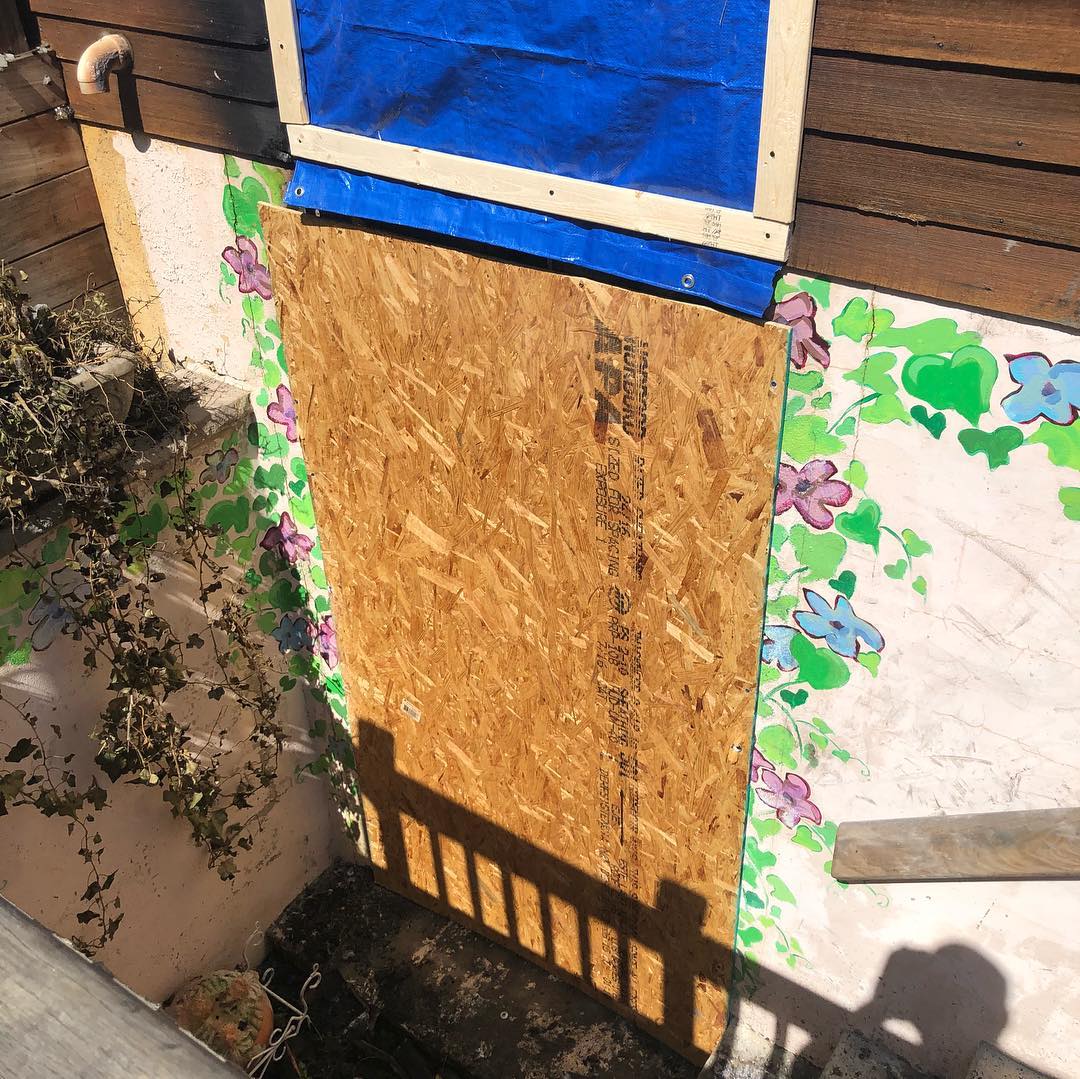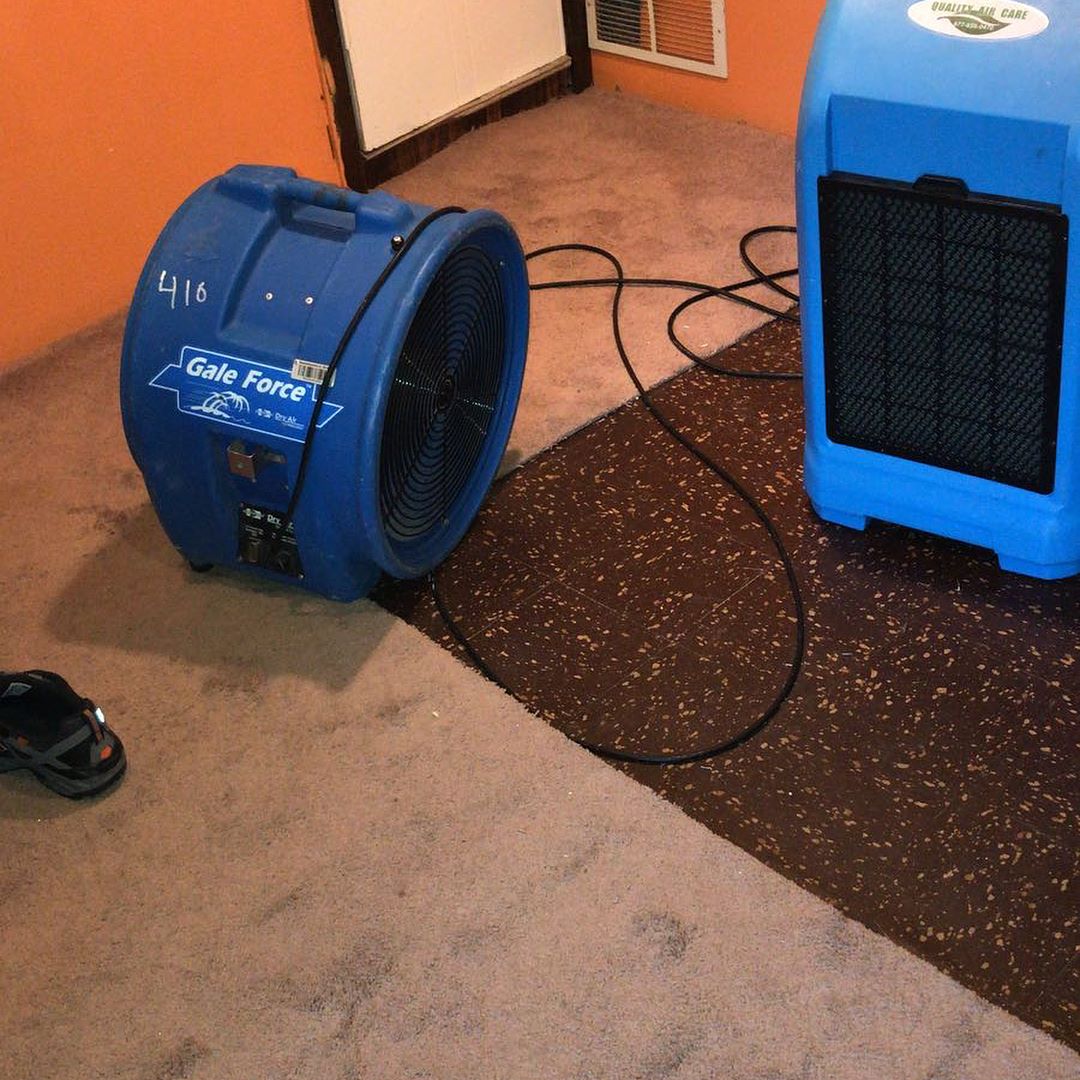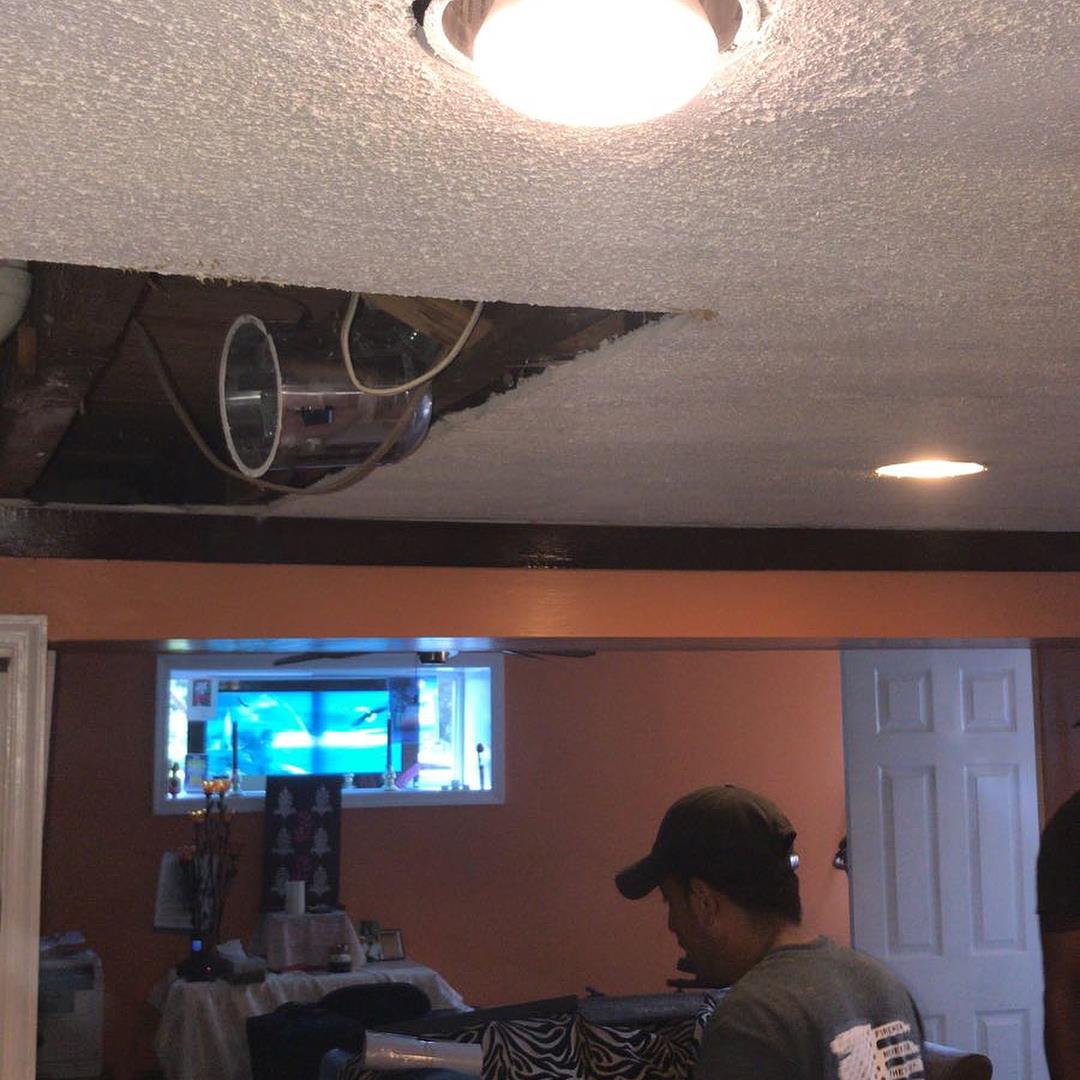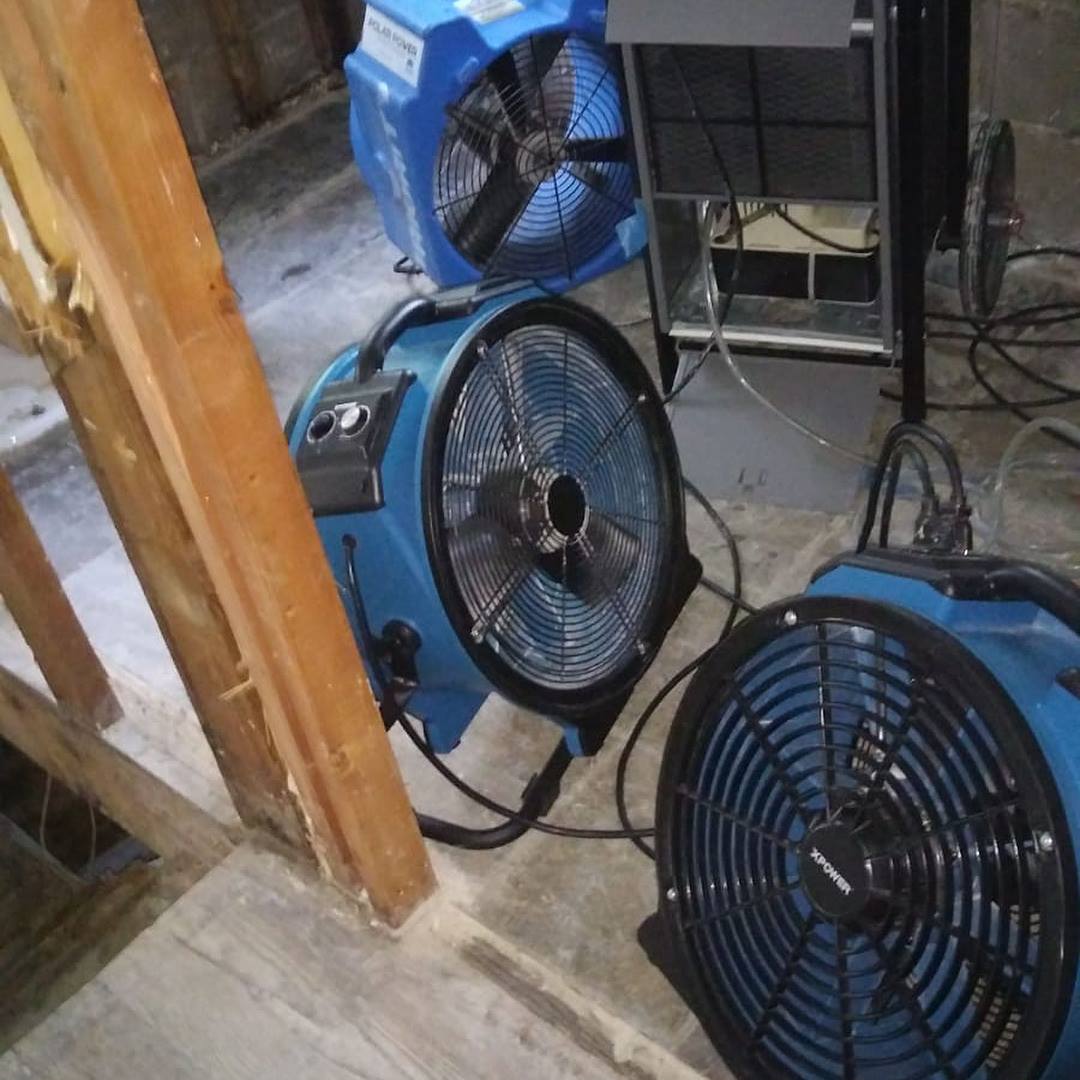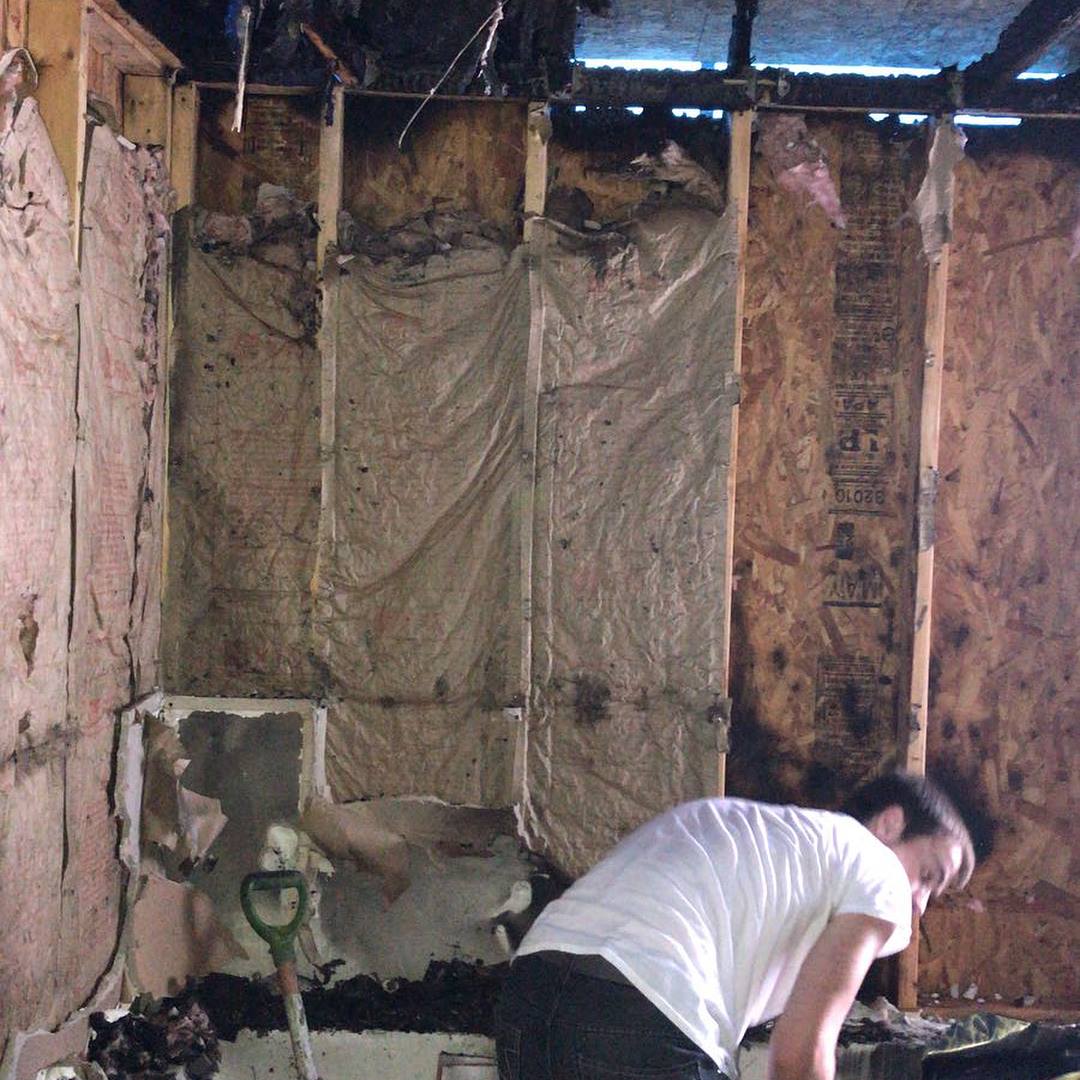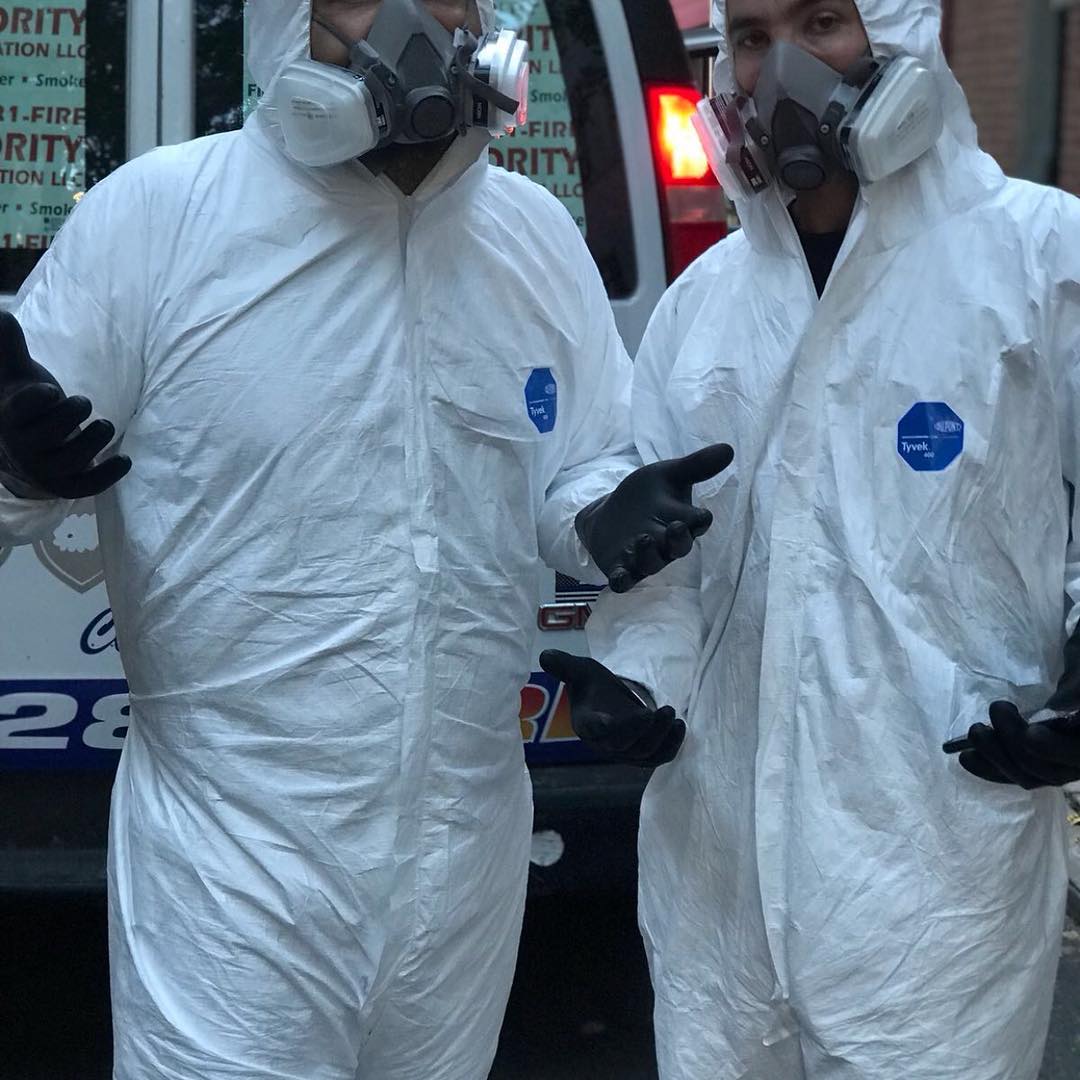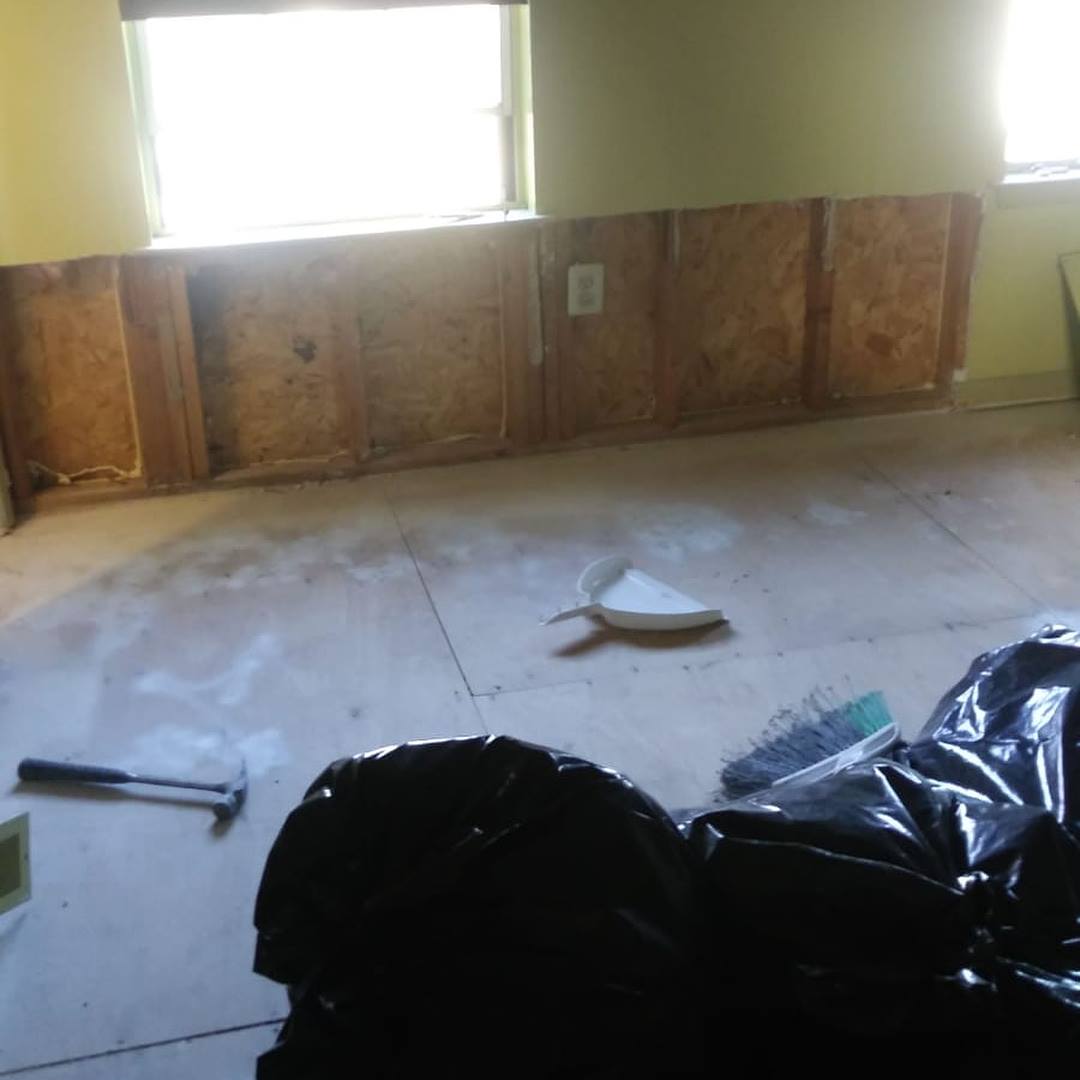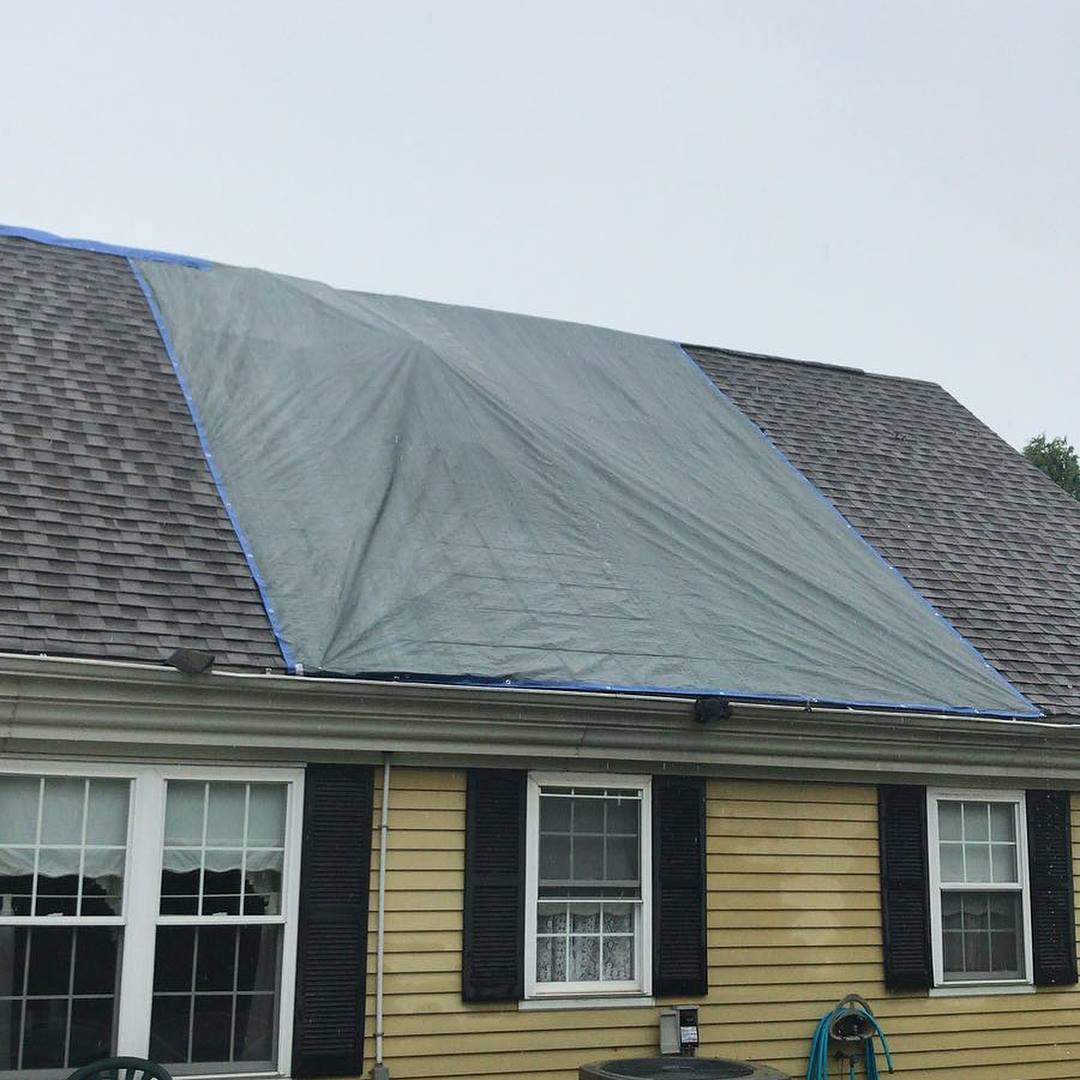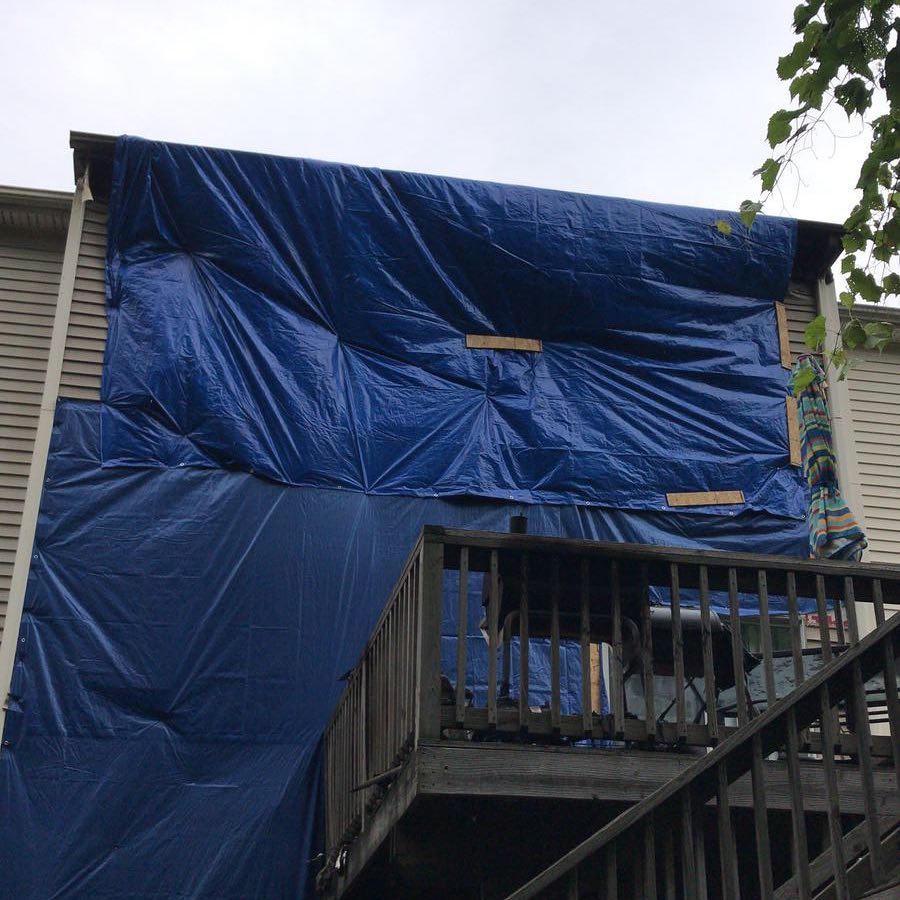
When dealing with water damage in your place of worship, you need a reliable and local team of Philly damage restoration experts in your corner. We've restored 100s of properties, both residential and commercial, in the Philly area and we're ready to come out and help you 24/7.
We're certified, insured, and work with all insurance companies. We understand how overwhelming it can be dealing with unexpected damage so let us assist you with your claim so you can focus on getting your life back on track.

Request a Free Estimate
or call (445) 234-4123
By submitting the form, you agree to our Terms of Service and Privacy Policy.
Water damage is a devastating issue that can affect any building, including religious institutions. Whether it's a small chapel, a large cathedral, a mosque, synagogue, or temple, the impact of water damage can be severe, disrupting services, damaging sacred artifacts, and leading to costly repairs. In Philadelphia, where weather conditions can vary significantly, it's crucial for religious buildings to be prepared for potential water damage scenarios, including floods, leaks, and other water-related issues. Philly Damage Restoration specializes in addressing these challenges, ensuring that religious institutions can recover quickly and with minimal disruption.
Understanding the Types of Water Damage in Religious Buildings
Religious buildings in Philadelphia are diverse, reflecting the city's rich cultural and religious heritage. From historic churches to modern mosques, each type of structure presents unique challenges when it comes to water damage.
- Historic Churches: Many churches in Philadelphia are historic, with intricate woodwork, stained glass windows, and other architectural features that can be particularly vulnerable to water damage. A small leak in the roof can lead to extensive damage to these delicate features, potentially ruining irreplaceable artifacts.
- Mosques and Islamic Centers: Mosques often have large, open spaces and elaborate decorative elements, such as intricate tile work and carpets. Water damage in a mosque can lead to the growth of mold, particularly in the carpeting, which can be difficult to clean and restore.
- Synagogues: Synagogues may house Torah scrolls and other sacred texts that are highly sensitive to water. Even a minor flood or leak can cause irreparable damage to these items, making prompt restoration efforts critical.
- Temples and Shrines: Temples, often adorned with statues and other religious artifacts, can suffer significant damage from water intrusion. The materials used in these structures, such as stone and wood, can absorb water, leading to deterioration over time.
- Gurudwaras: Gurudwaras, the places of worship for Sikhs, often feature large kitchens (langar halls) where communal meals are prepared and served. Plumbing issues or leaks in these areas can lead to water damage, affecting both the kitchen facilities and the worship areas. The hardwood flooring often found in gurudwaras can also be susceptible to water damage, requiring specialized restoration.
Common Causes of Water Damage in Religious Buildings
Religious buildings in Philadelphia are susceptible to various types of water damage, each with its own set of challenges.
- Flooding: Heavy rains and storms can lead to flooding, especially in low-lying areas of the city. Religious buildings with basements or lower levels are particularly at risk. Floodwaters can bring in dirt and debris, making cleanup a daunting task.
- Roof Leaks: Roofs are often the first line of defense against water intrusion. Over time, wear and tear can lead to leaks, allowing water to seep into the building. In older religious buildings, roof leaks are a common problem, especially if the roof hasn't been maintained regularly.
- Plumbing Issues: Faulty plumbing can lead to leaks and water damage inside the building. Burst pipes, clogged drains, and leaking fixtures can cause water to spread quickly, damaging walls, floors, and ceilings.
- HVAC Failures: Heating, ventilation, and air conditioning systems can also be a source of water damage. Condensation buildup, especially in older systems, can lead to leaks that may go unnoticed until significant damage has occurred.
Steps to Take If Water Damage Occurs
If water damage occurs in a religious building, immediate action is essential to minimize the impact. Philly Damage Restoration offers specialized services to handle such emergencies, but there are also steps that building managers can take to mitigate damage.
- Assess the Situation: The first step is to determine the extent of the damage. Identify the source of the water, whether it's a leak, flood, or plumbing issue, and take steps to stop it if possible.
- Protect Sacred Artifacts: Move any sacred texts, artifacts, or other valuable items to a safe, dry location. This can prevent further damage while restoration efforts are underway.
- Document the Damage: Take photographs and document the damage for insurance purposes. This will help in filing a claim and ensuring that all damages are accounted for.
- Contact a Professional Restoration Company: Philly Damage Restoration specializes in water damage restoration for religious buildings. They can quickly assess the damage, develop a restoration plan, and begin the recovery process. Their expertise in dealing with the specific needs of religious institutions ensures that the building is restored with respect and care.
- Consult with Your Insurance Company: Water damage restoration can be costly, so it's important to consult with your insurance company to understand what is covered under your policy. Philly Damage Restoration can work with your insurer to make the claims process smoother.
Preventing Future Water Damage
Preventing water damage is just as important as responding to it. Regular maintenance and inspections can go a long way in protecting religious buildings from future issues.
- Regular Roof Inspections: Have the roof inspected regularly for signs of wear and tear. Prompt repairs can prevent leaks and further damage.
- Maintain Plumbing Systems: Ensure that plumbing systems are in good working order. Regular checks can help identify potential issues before they lead to water damage.
- Install Sump Pumps in Flood-Prone Areas: For buildings in flood-prone areas, installing sump pumps can help manage water intrusion and prevent flooding.
- HVAC Maintenance: Regular maintenance of HVAC systems can prevent issues like condensation buildup, which can lead to water damage.
Frequently Asked Questions About Church Flood Damage in Philly
Common causes of water damage in churches include roof leaks, plumbing failures, flooding from storms, and issues with HVAC systems. These can lead to extensive damage if not addressed promptly.





















